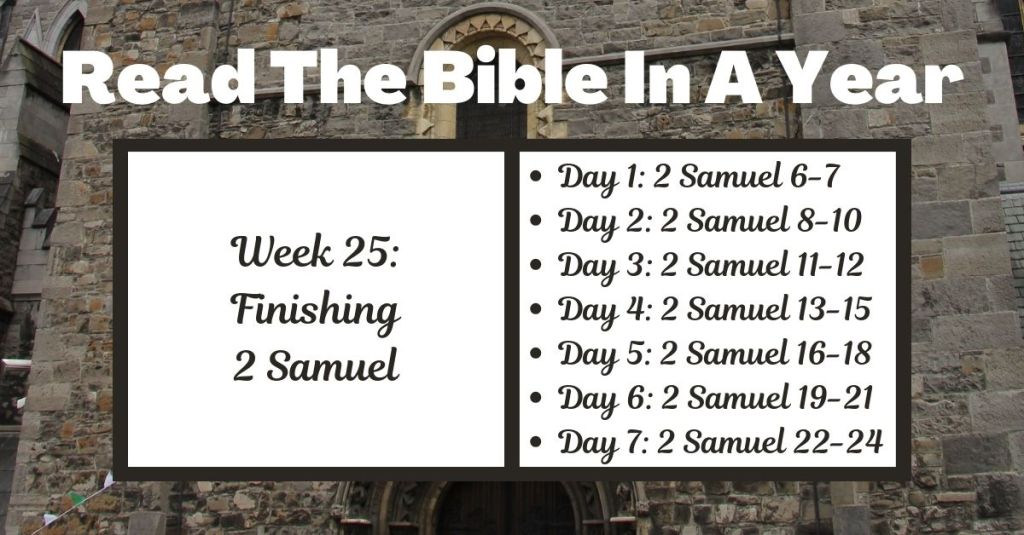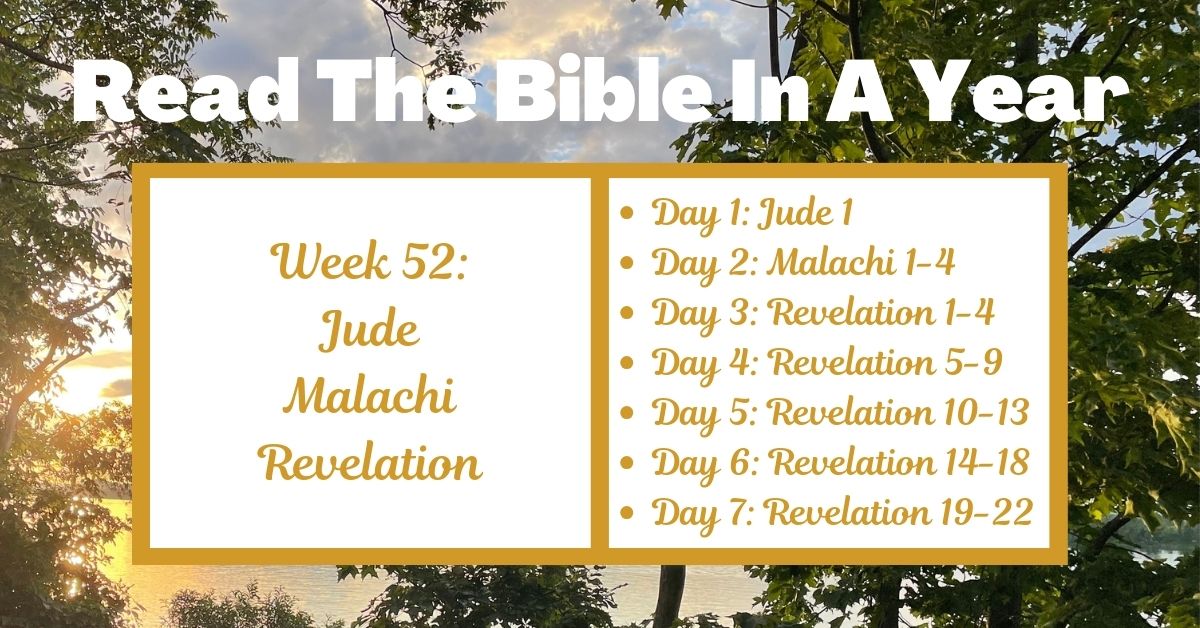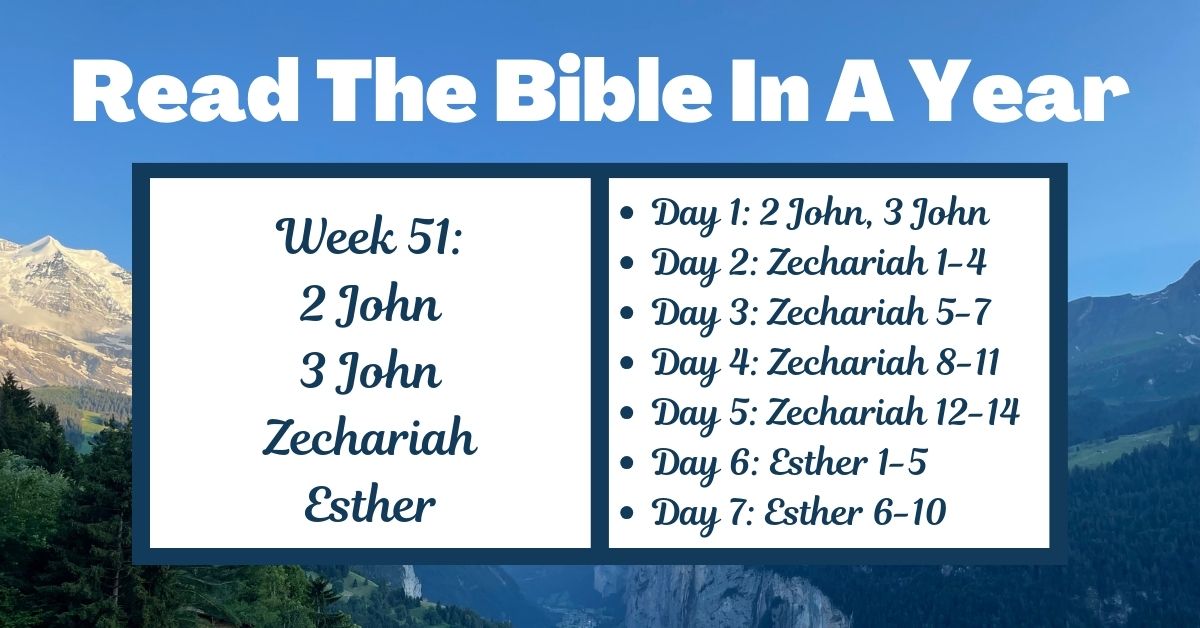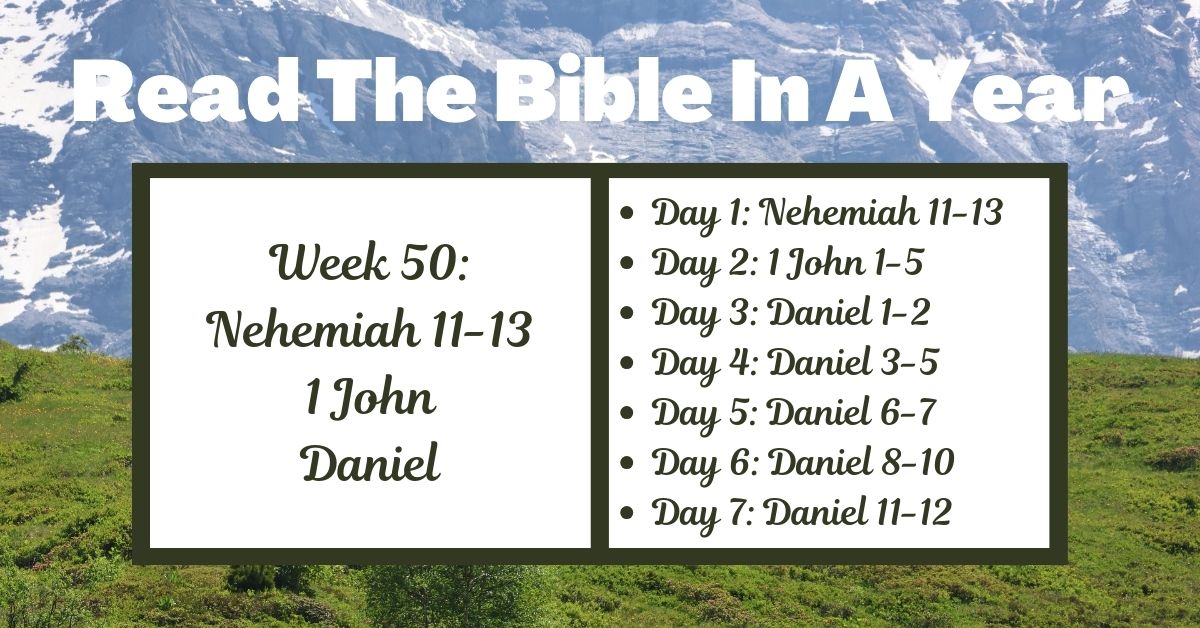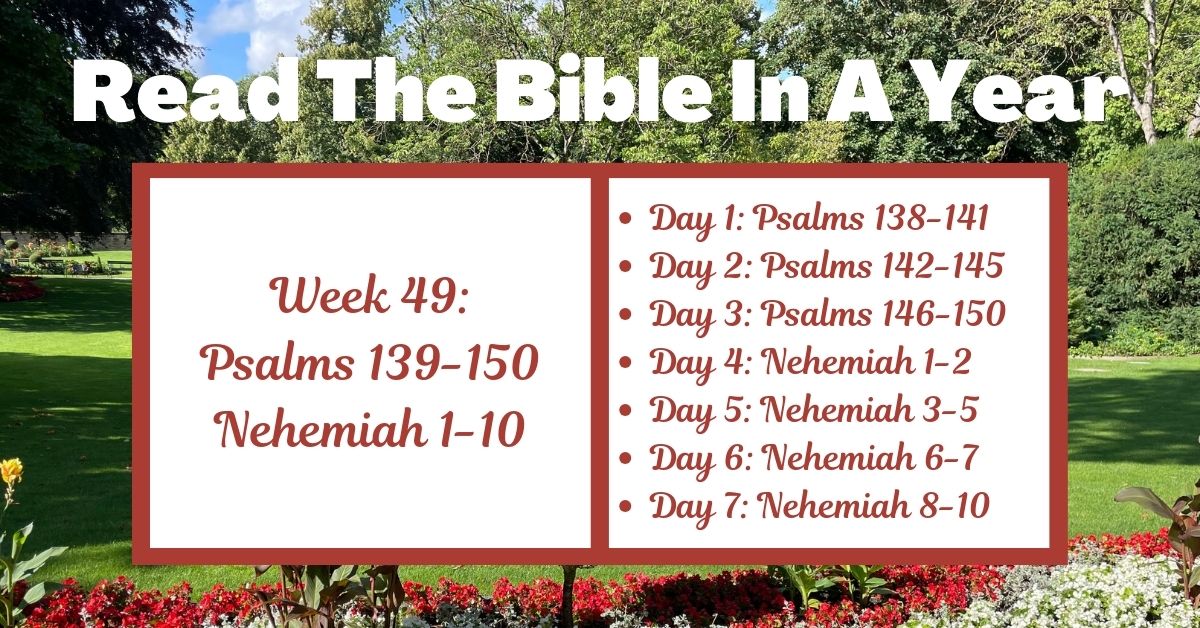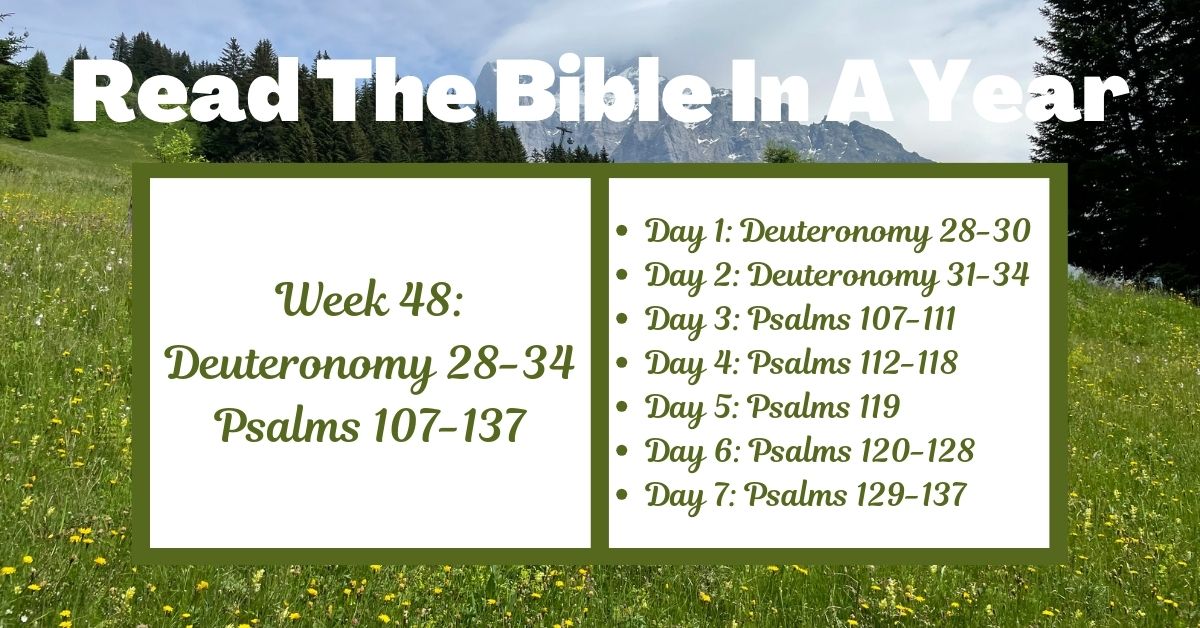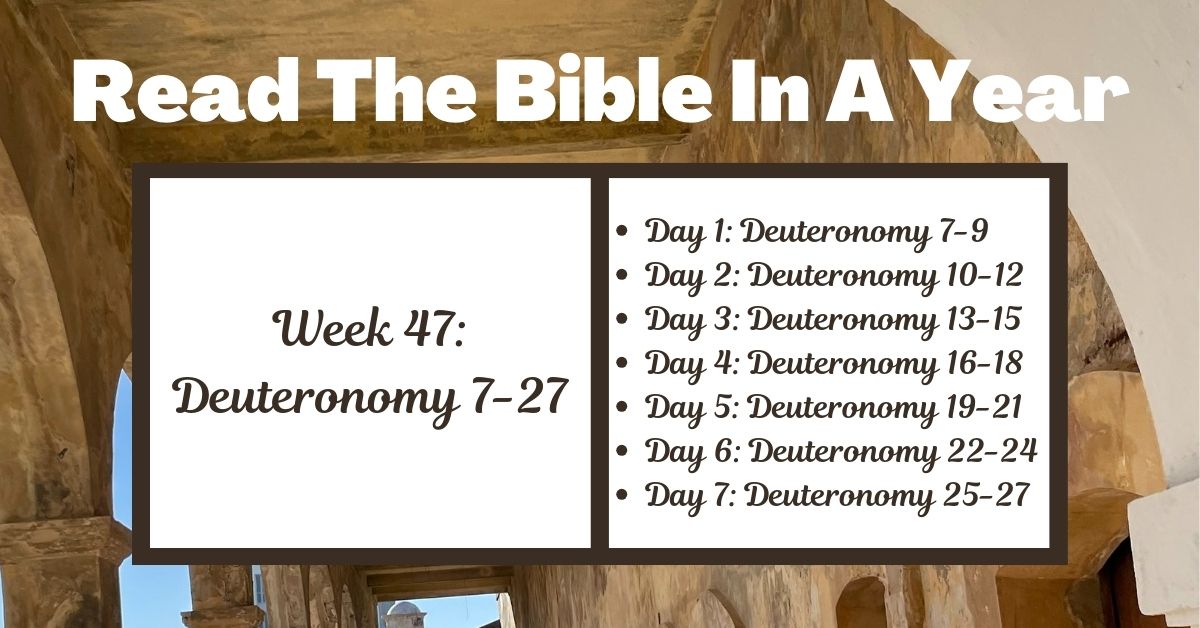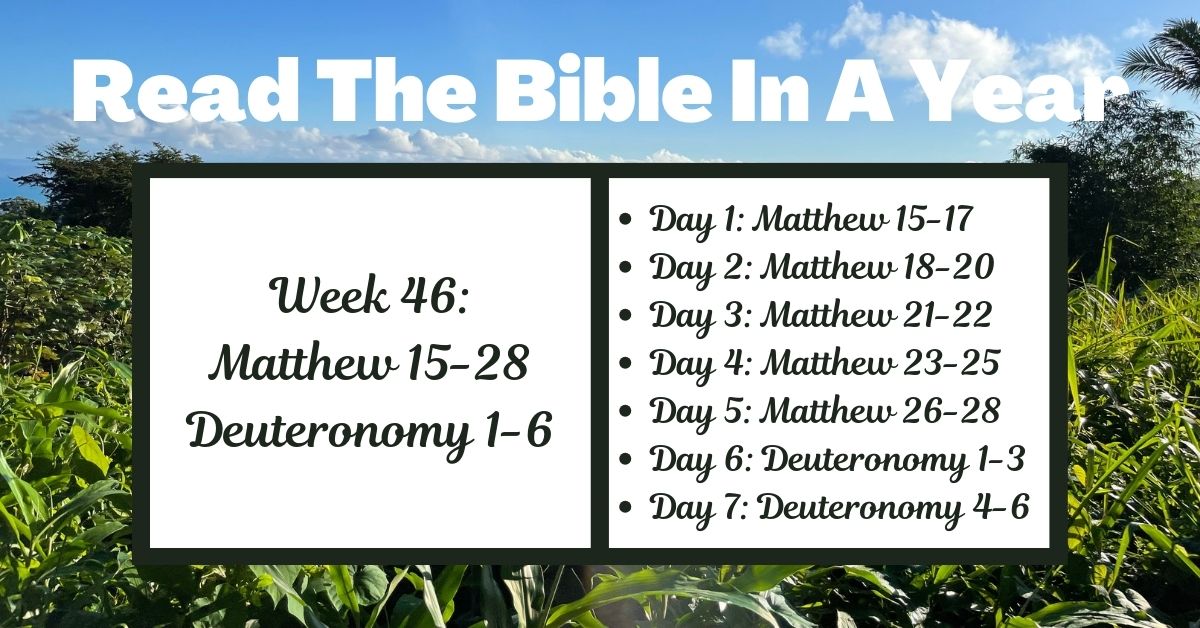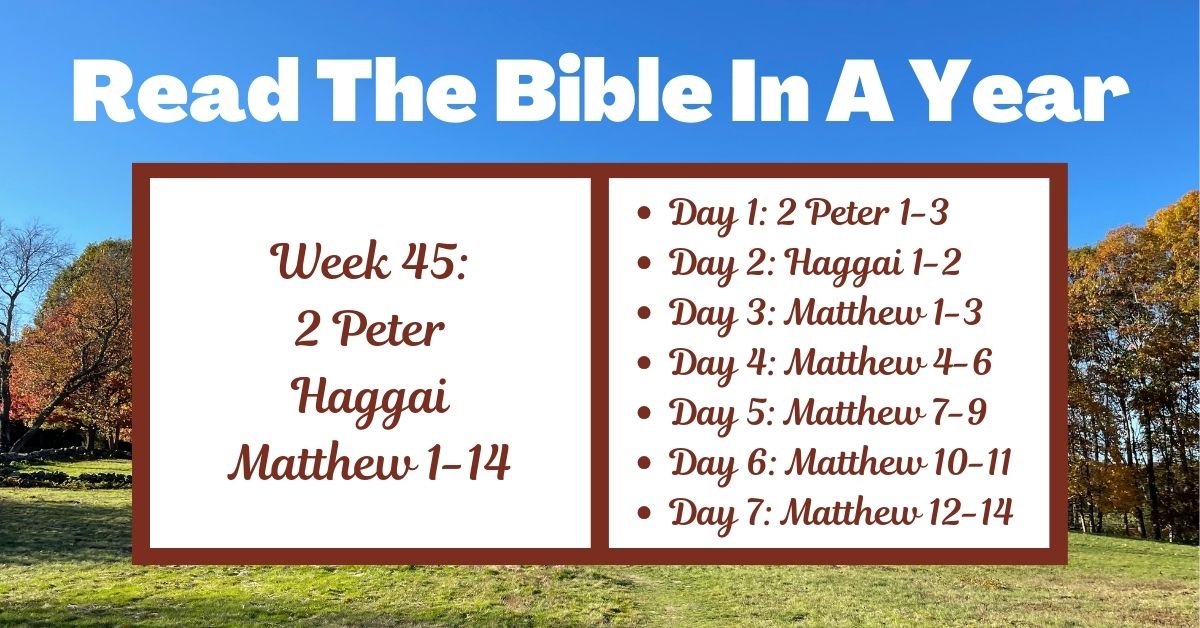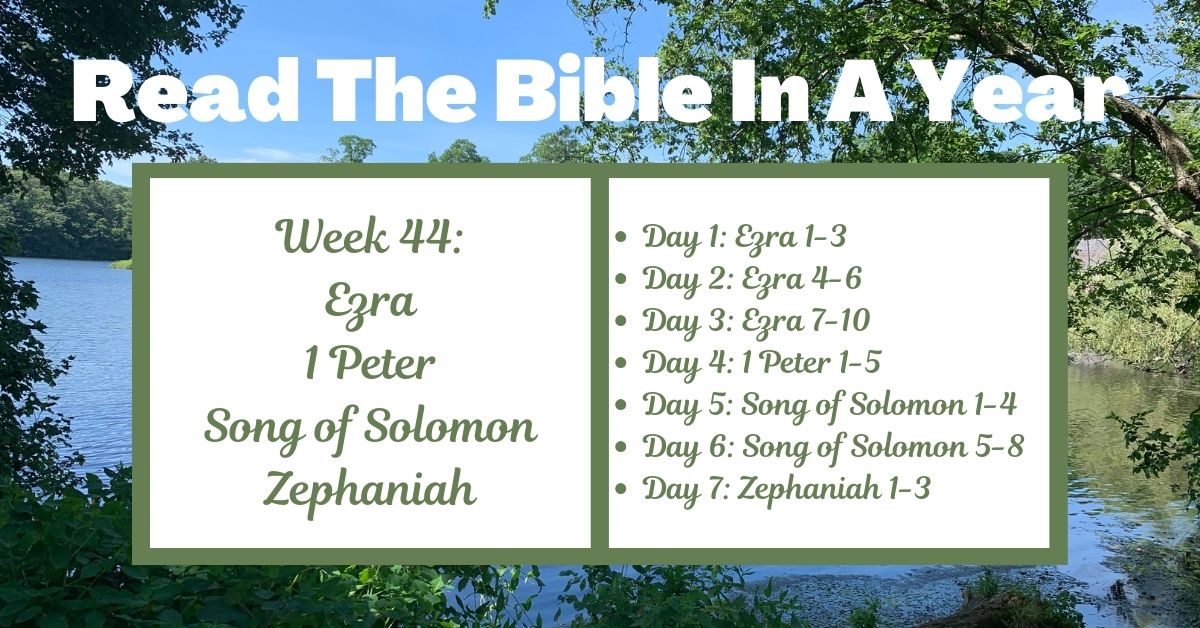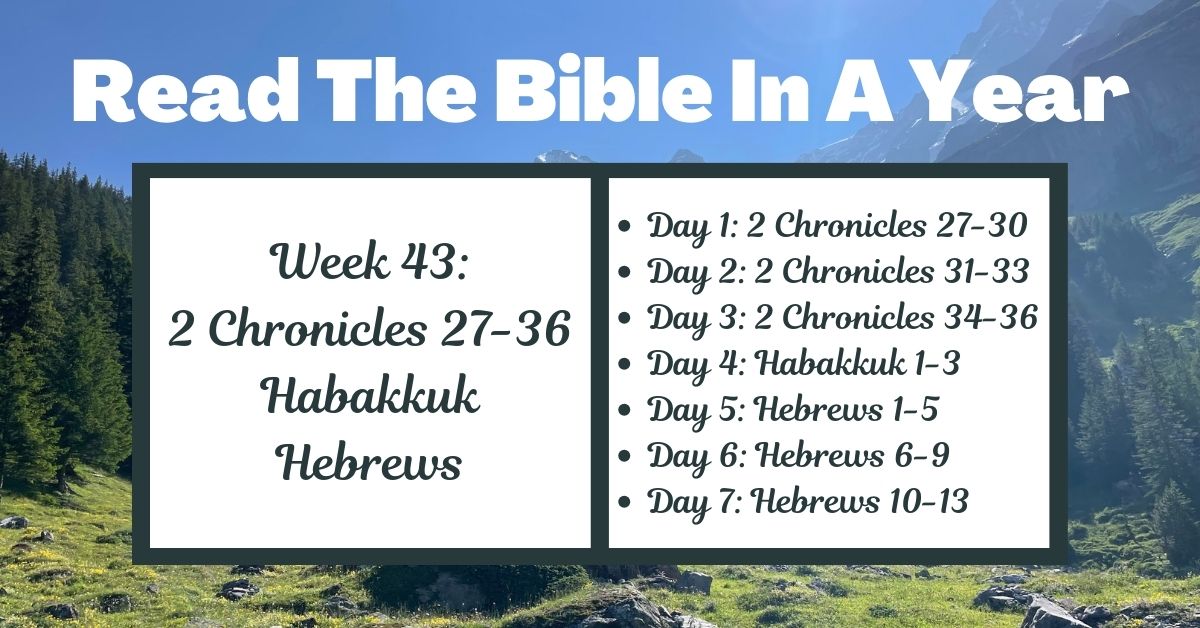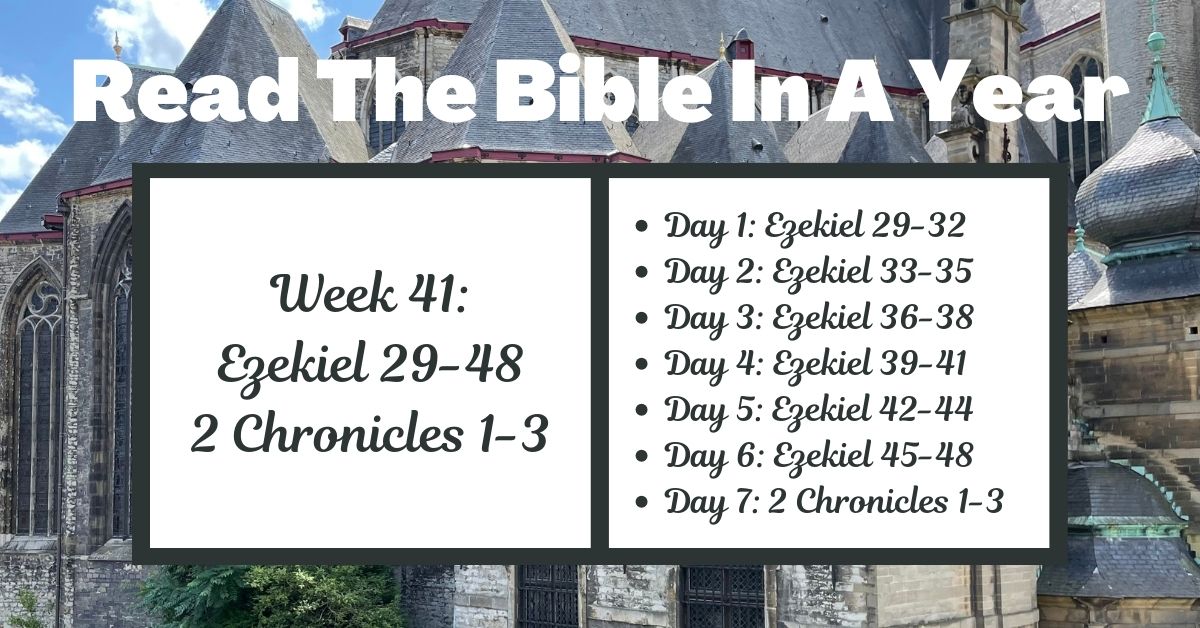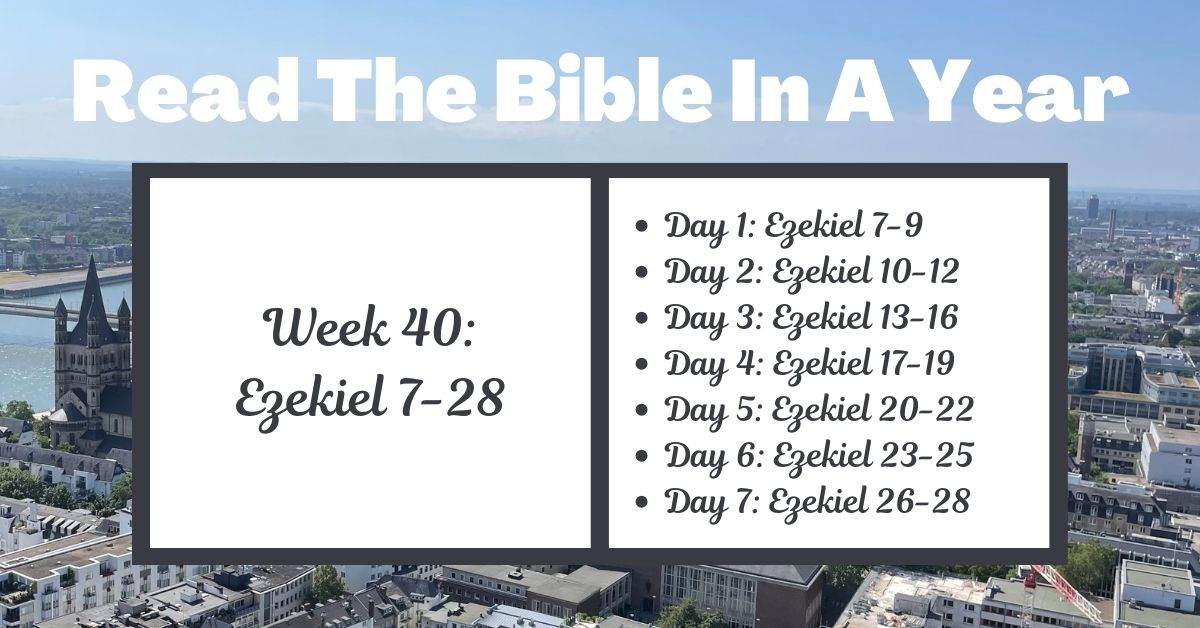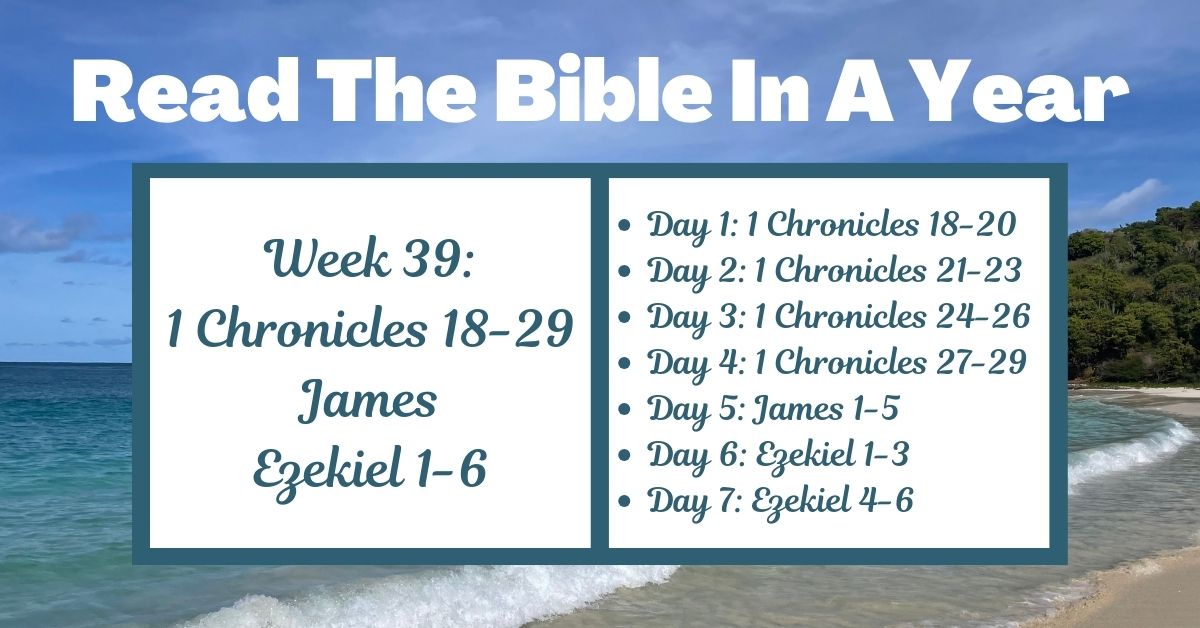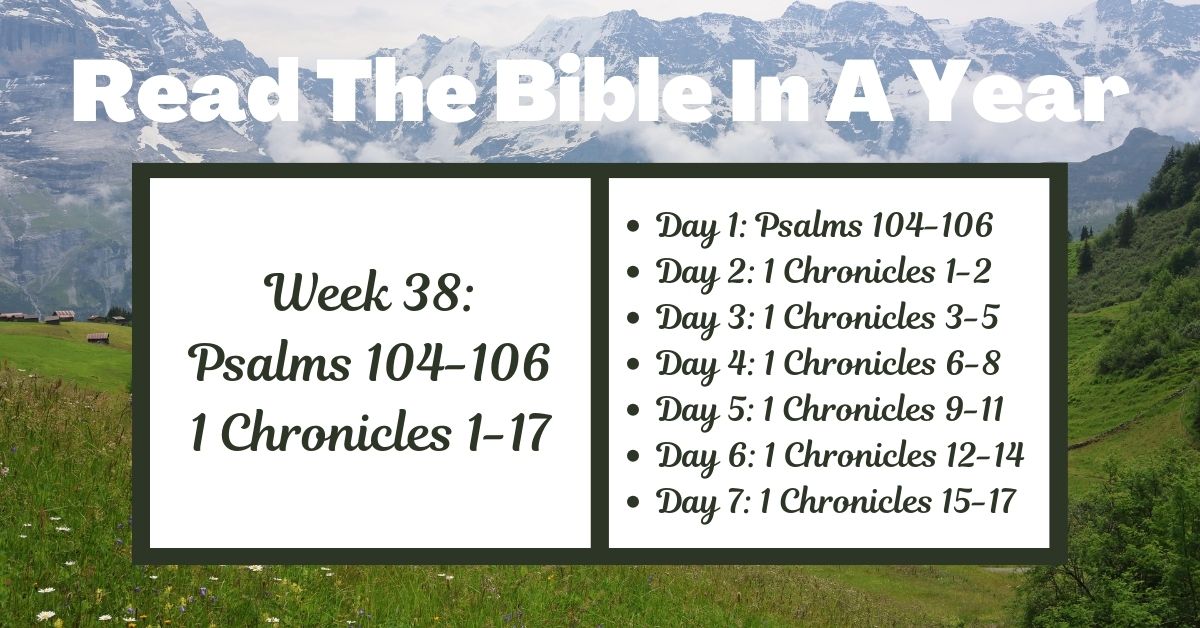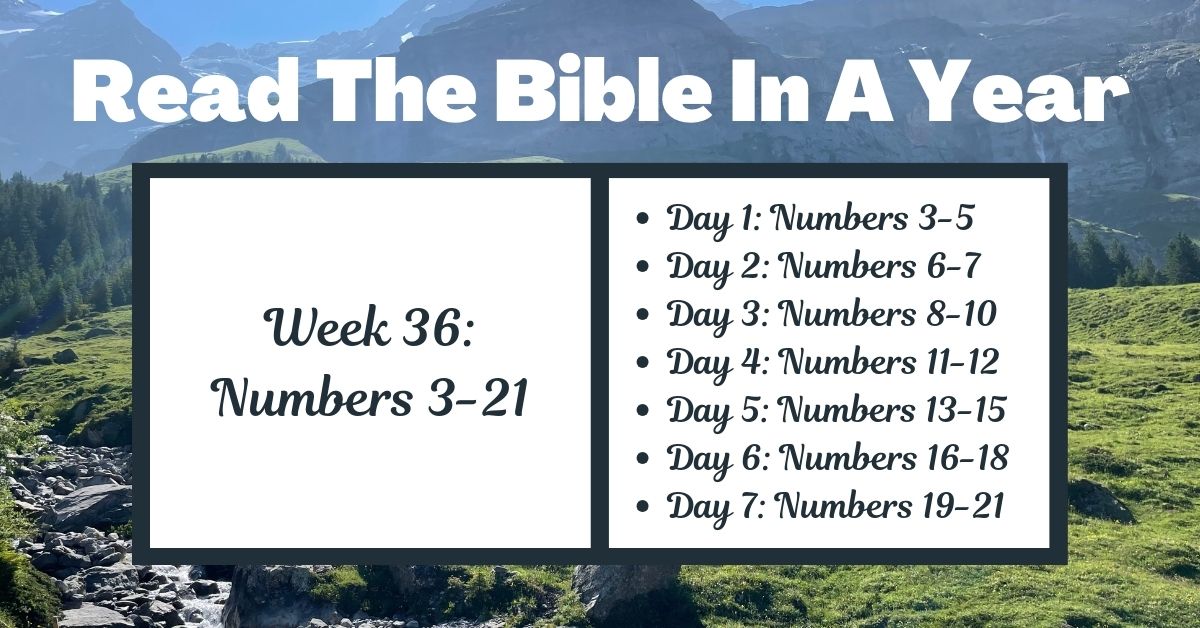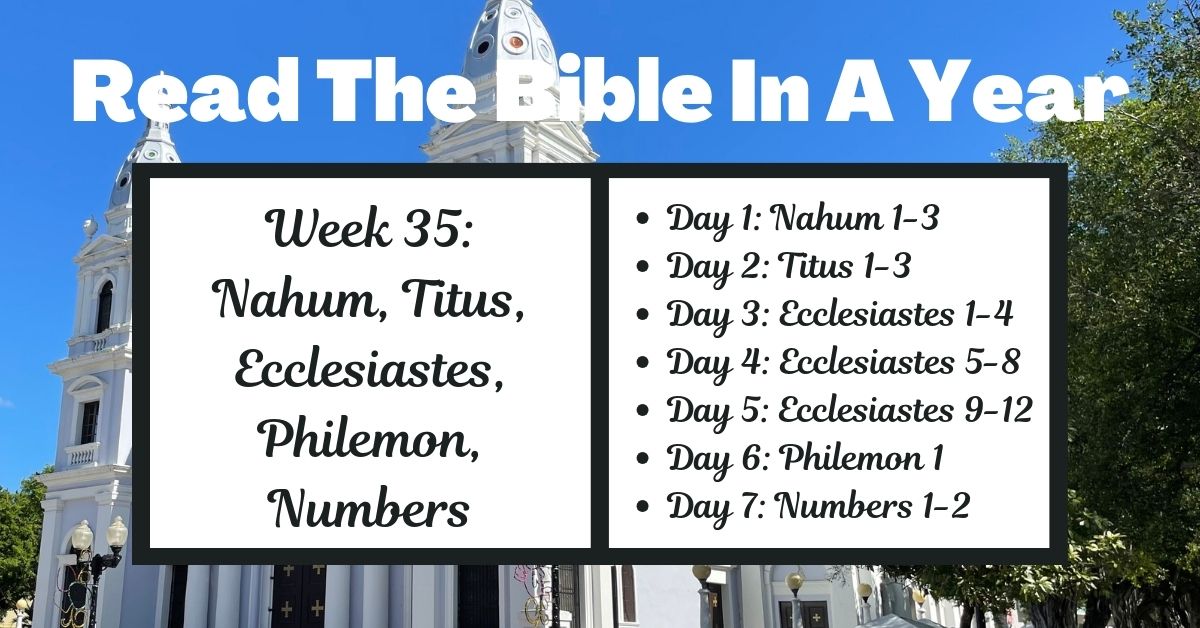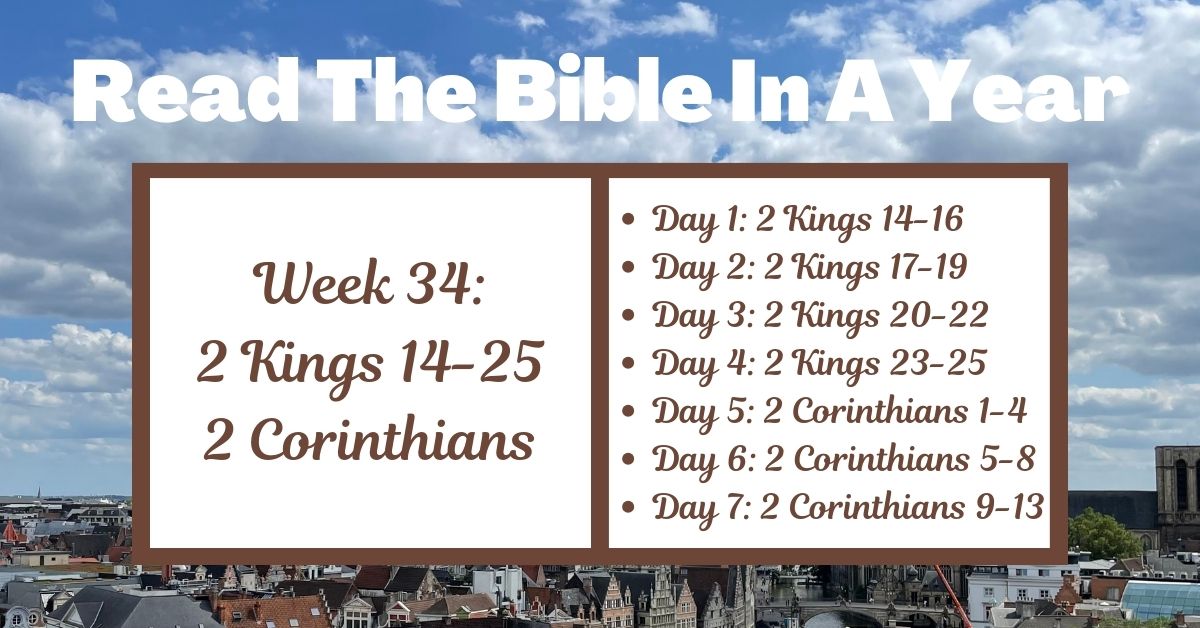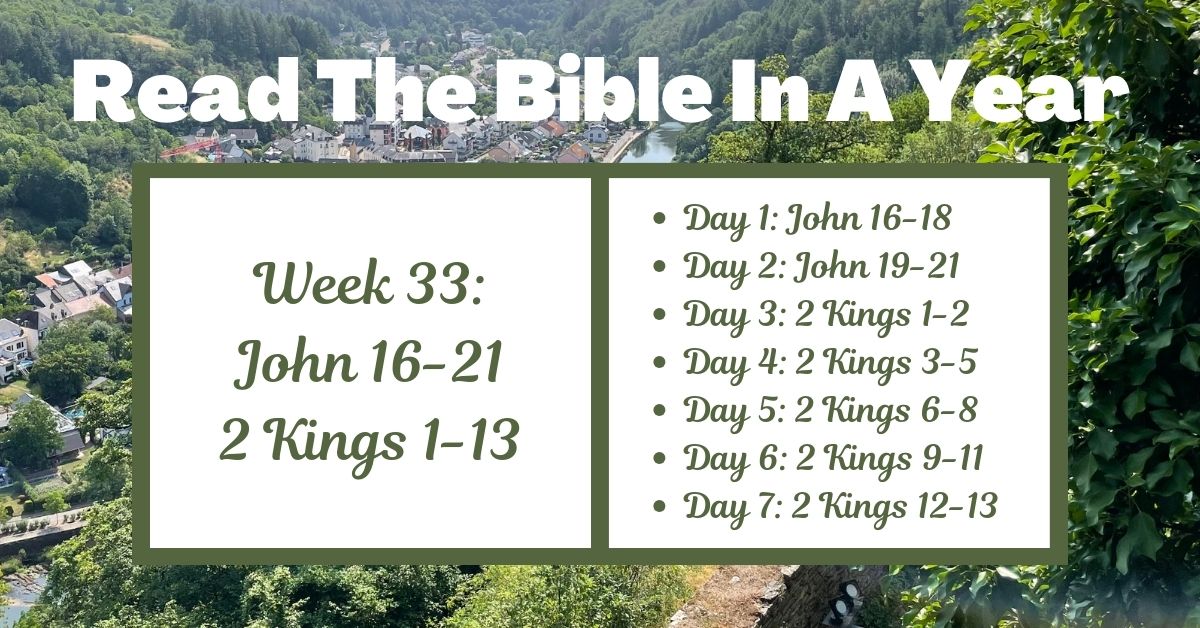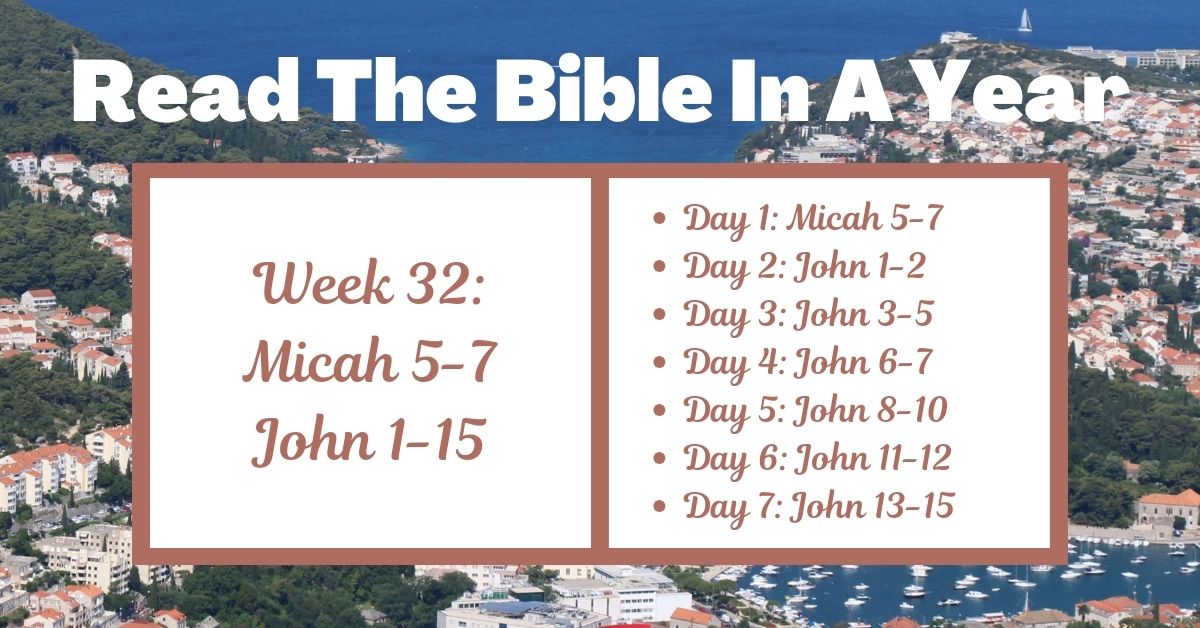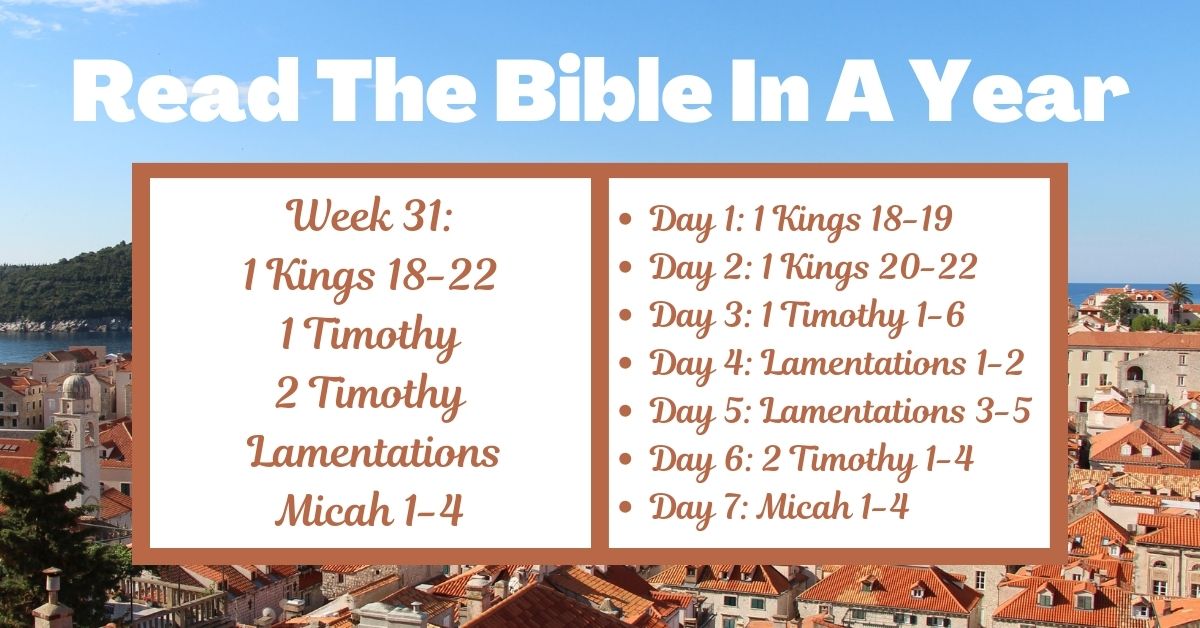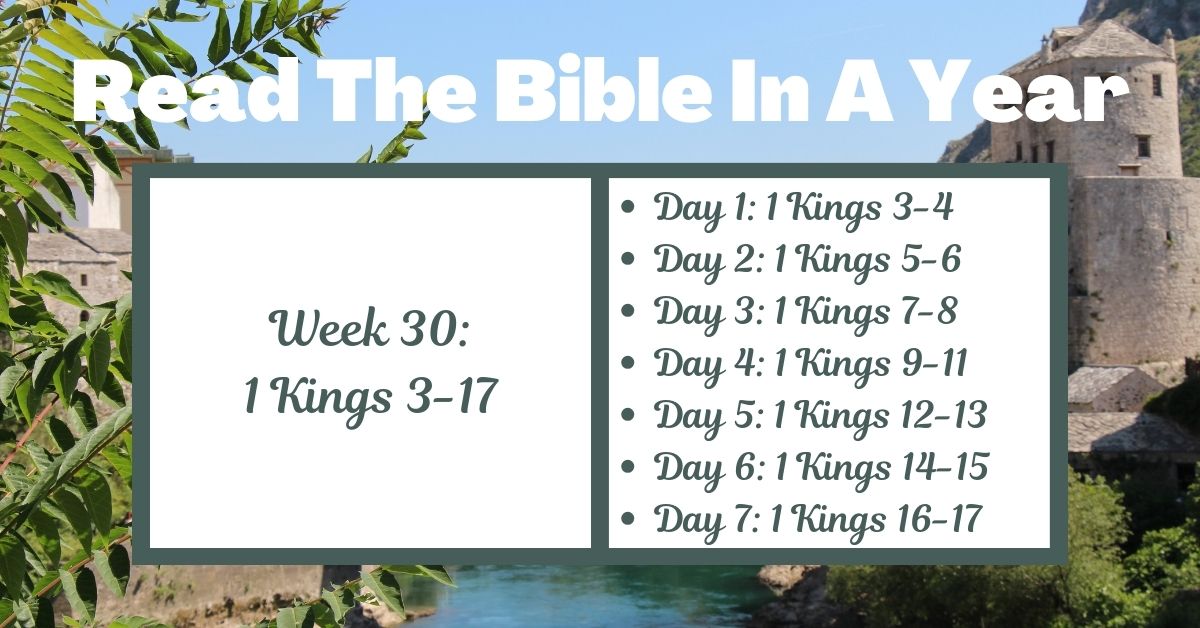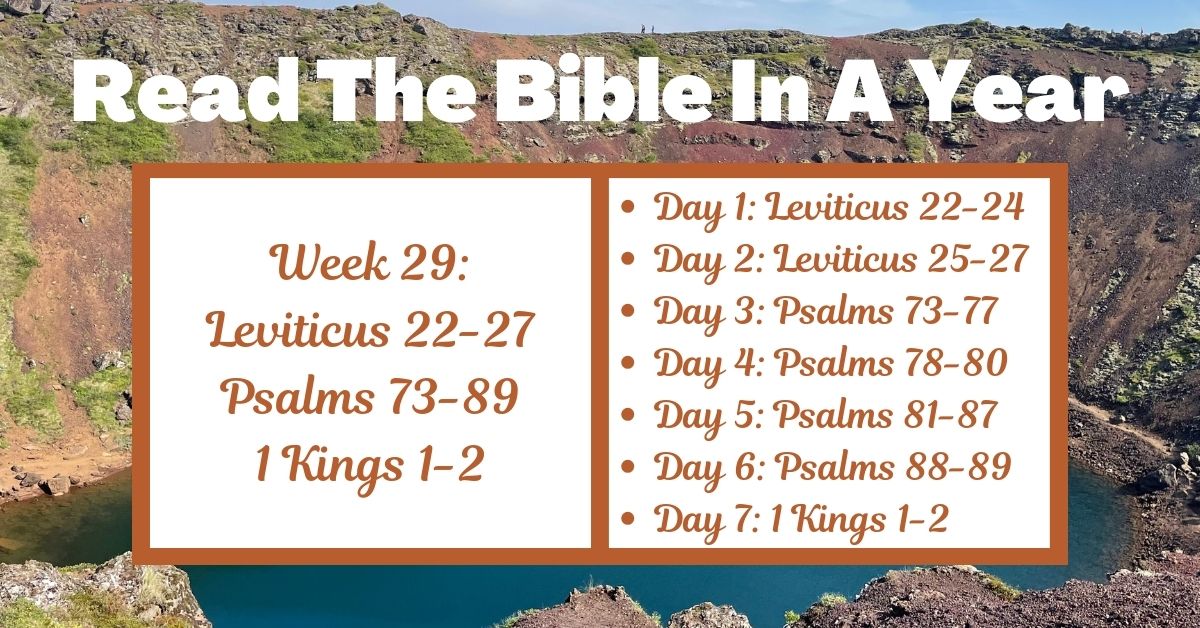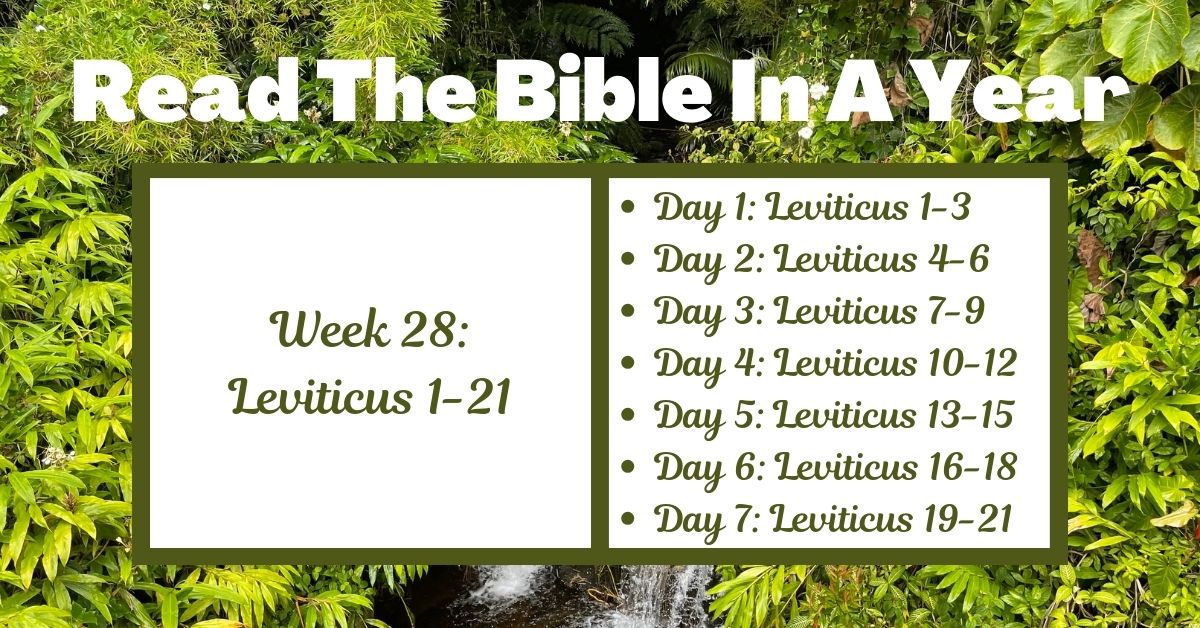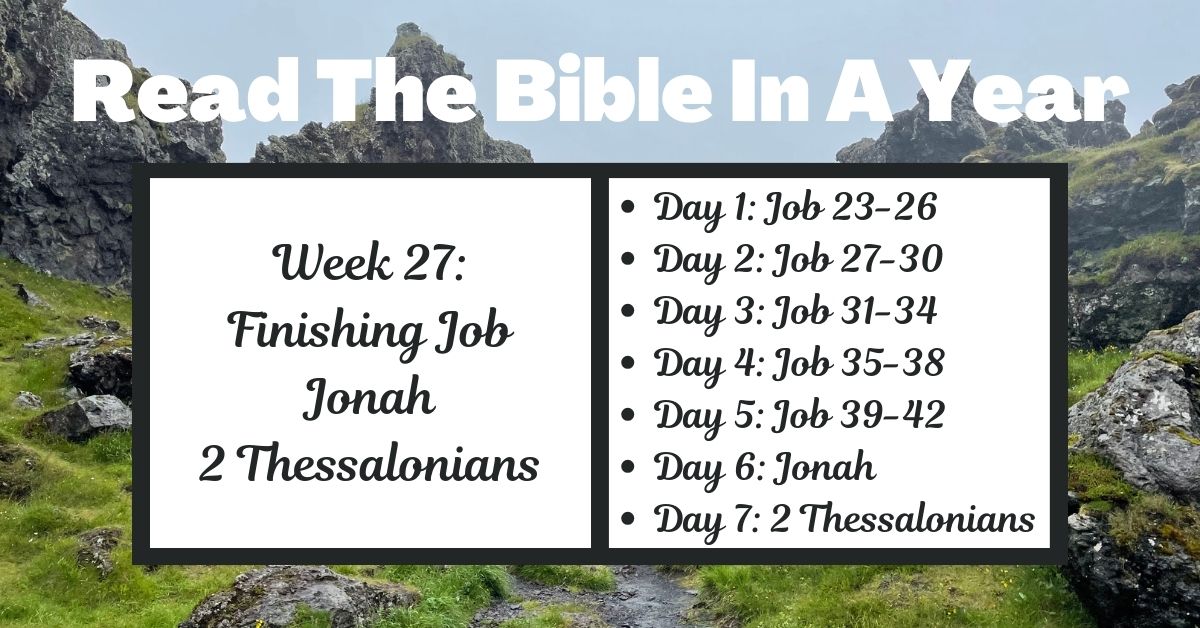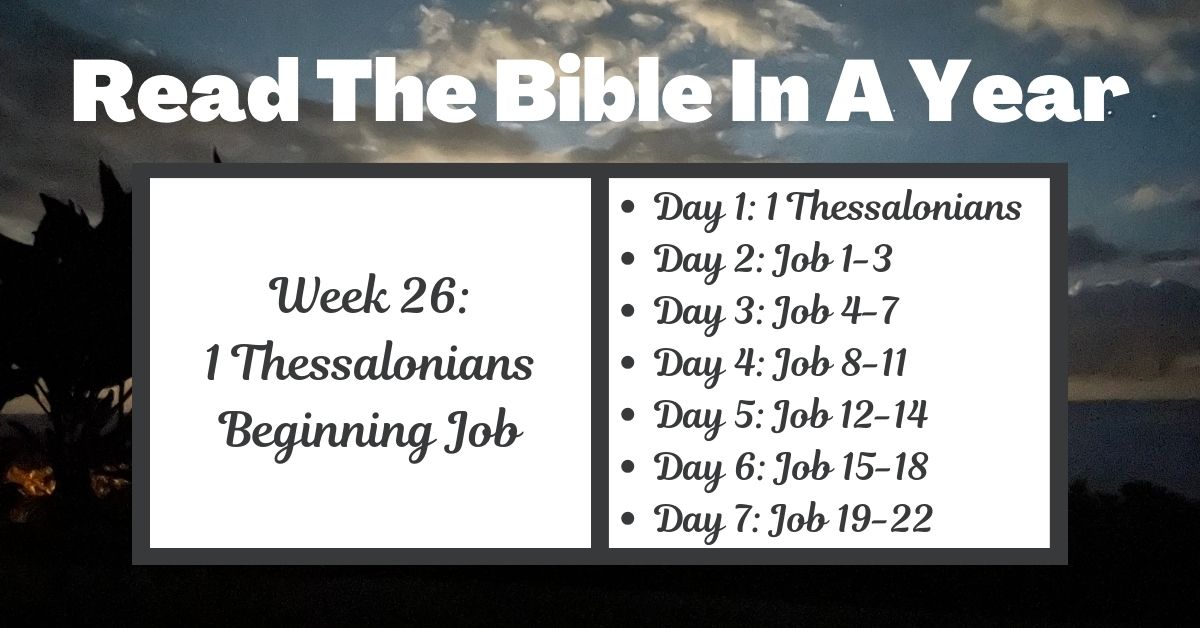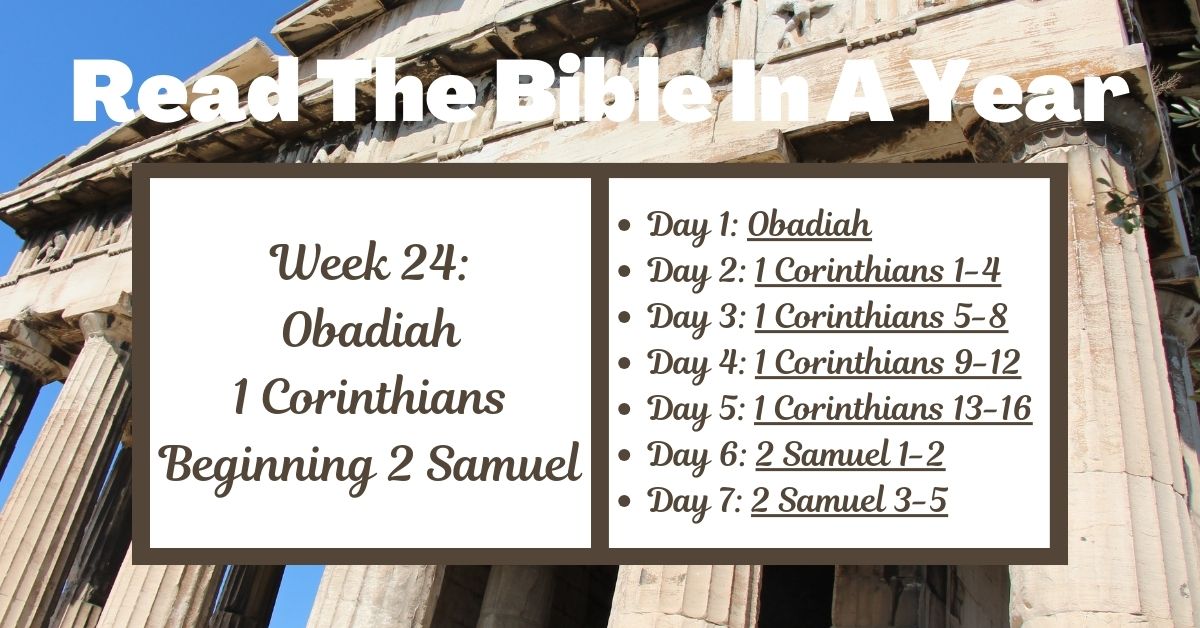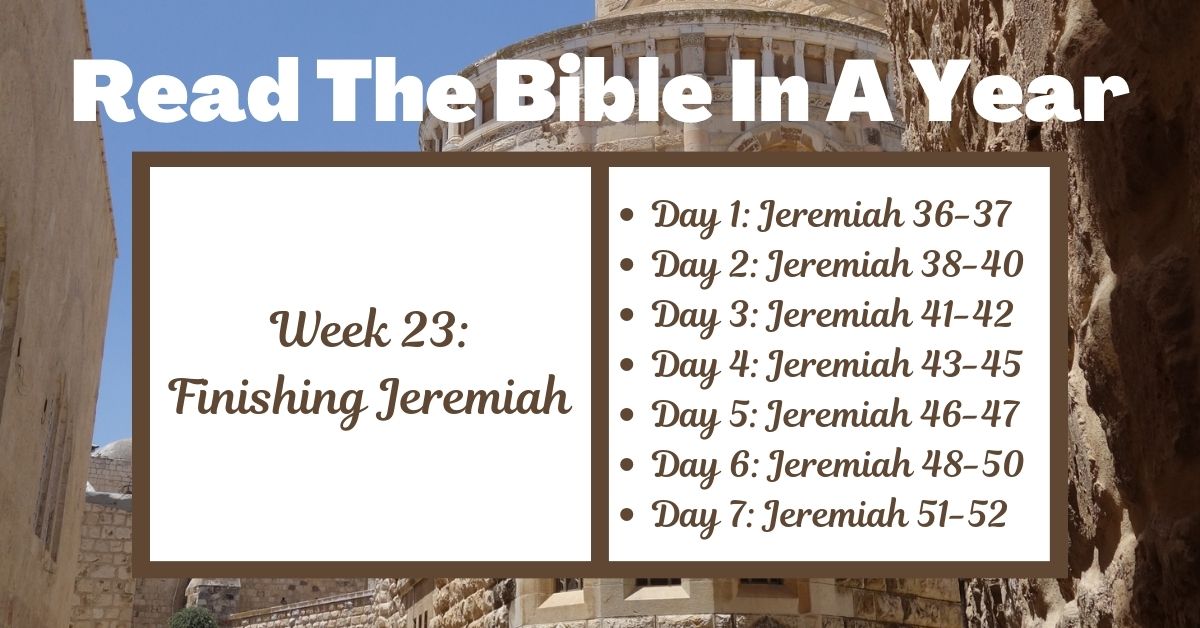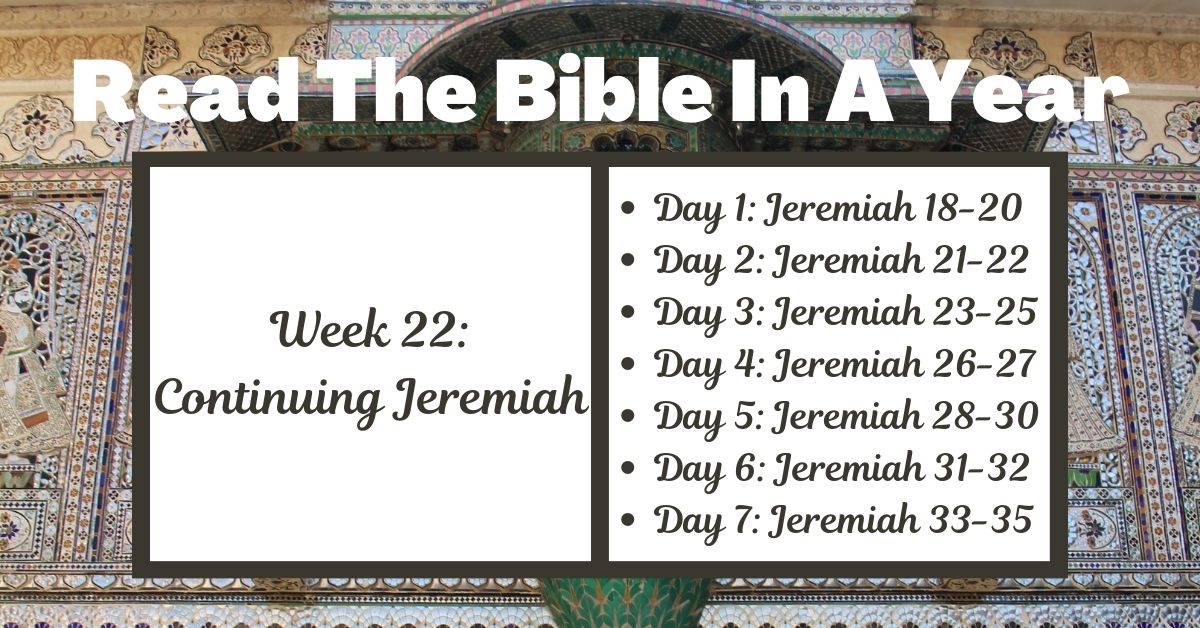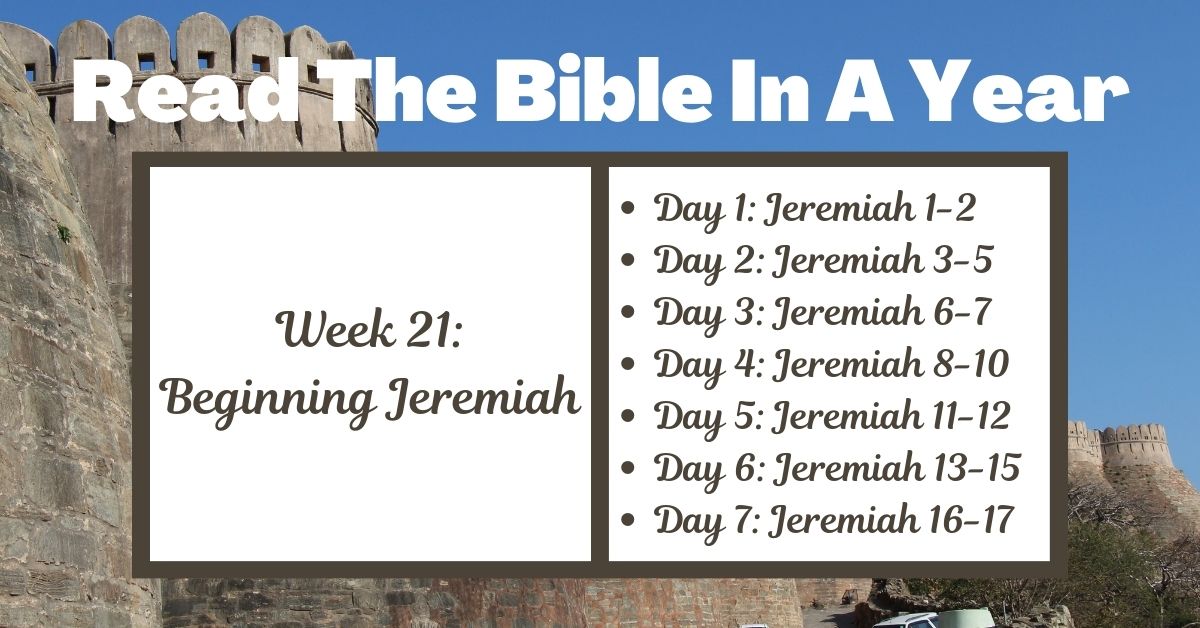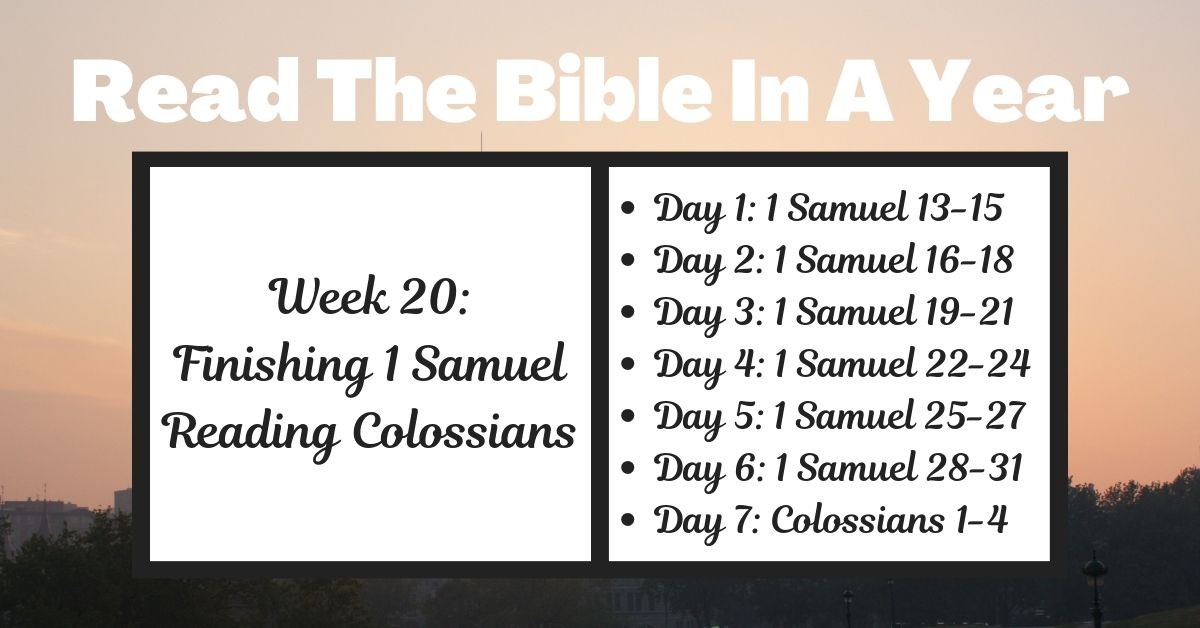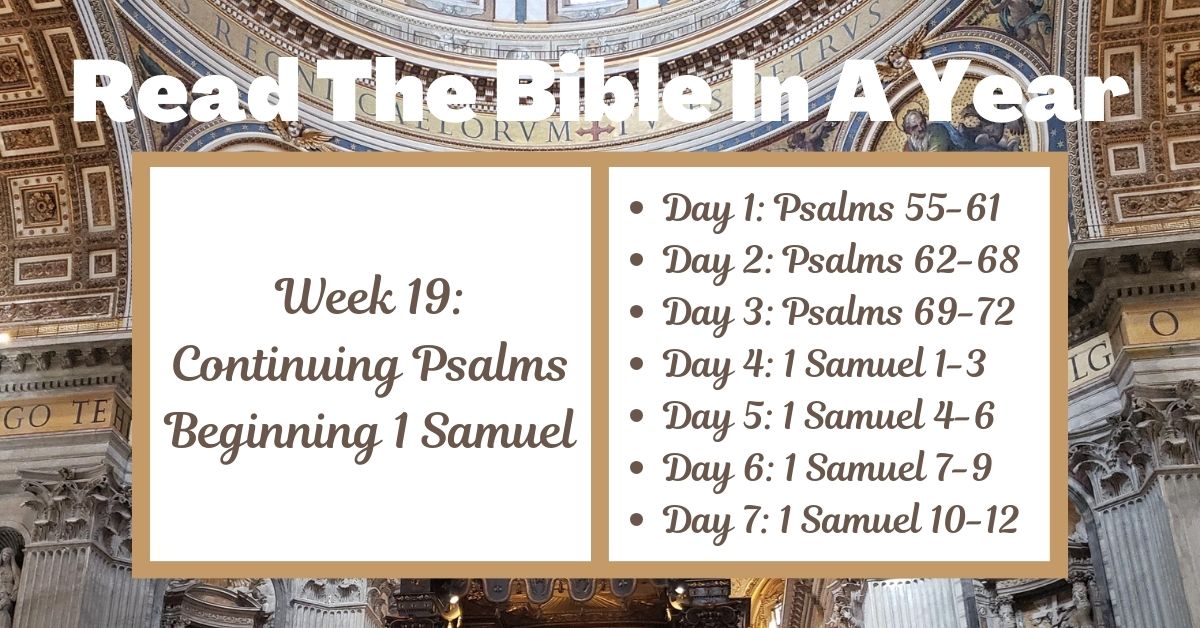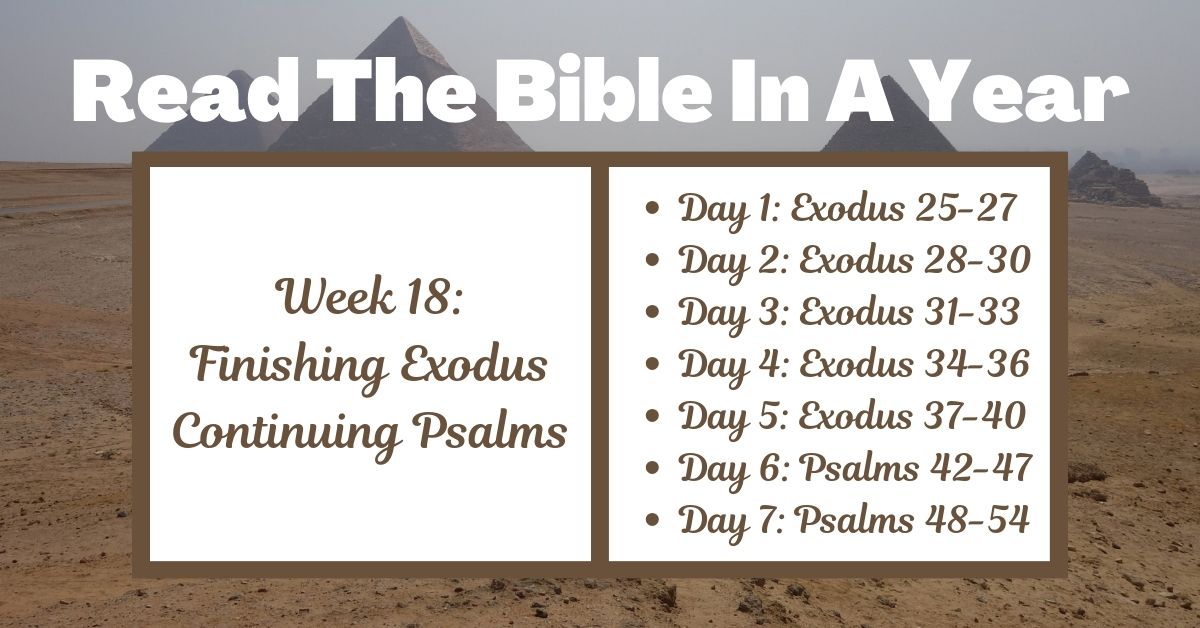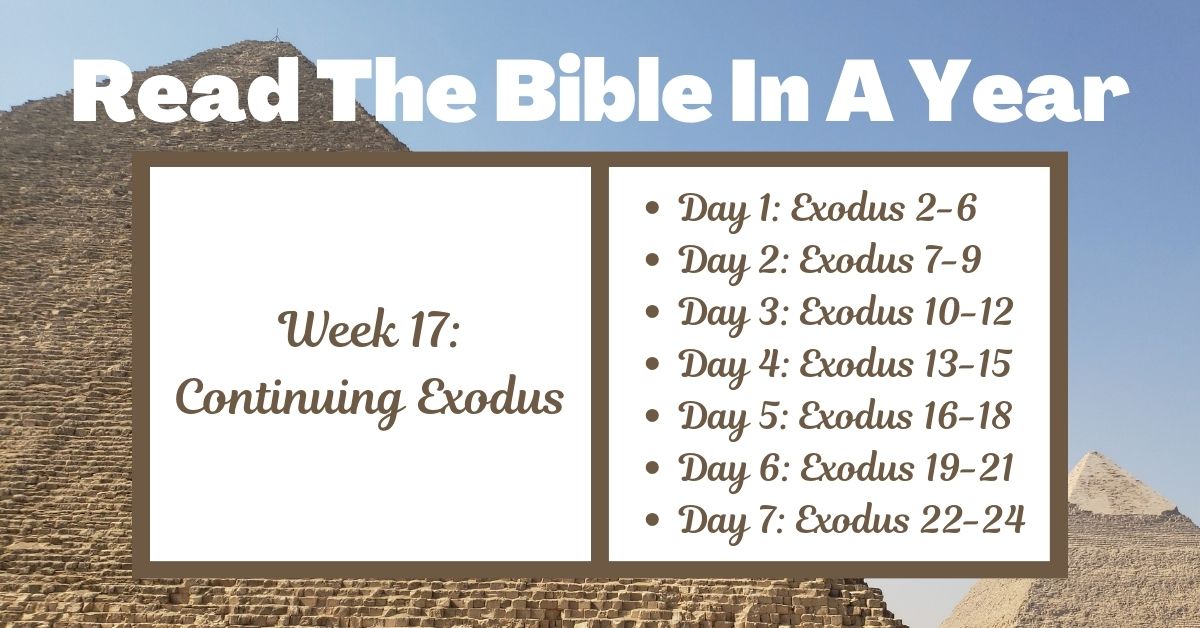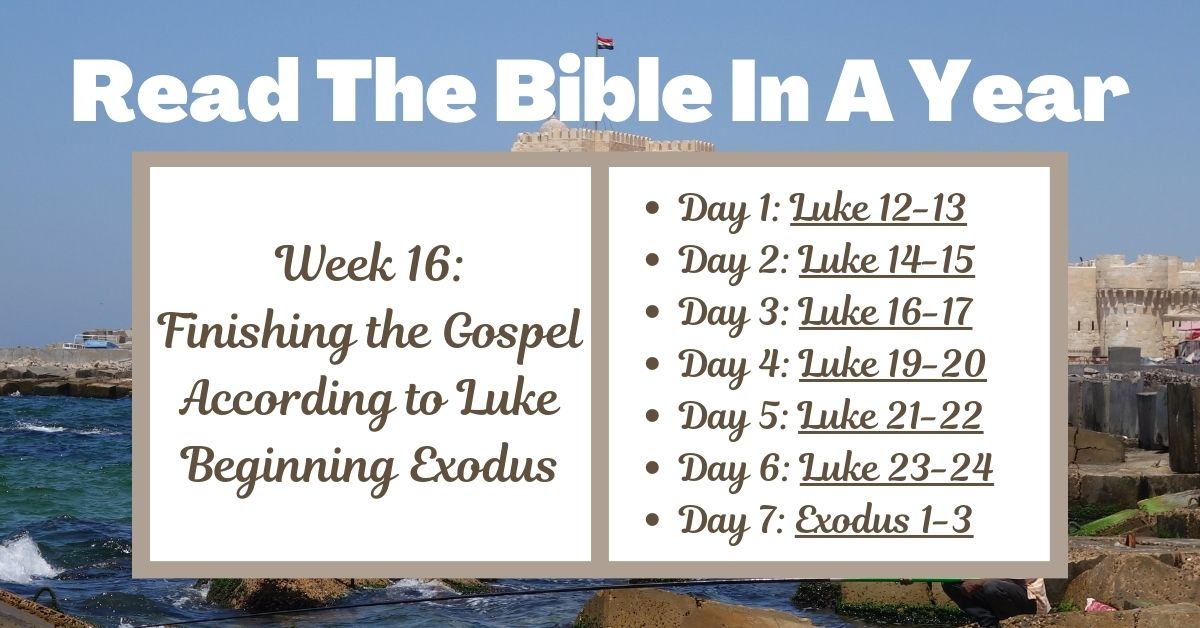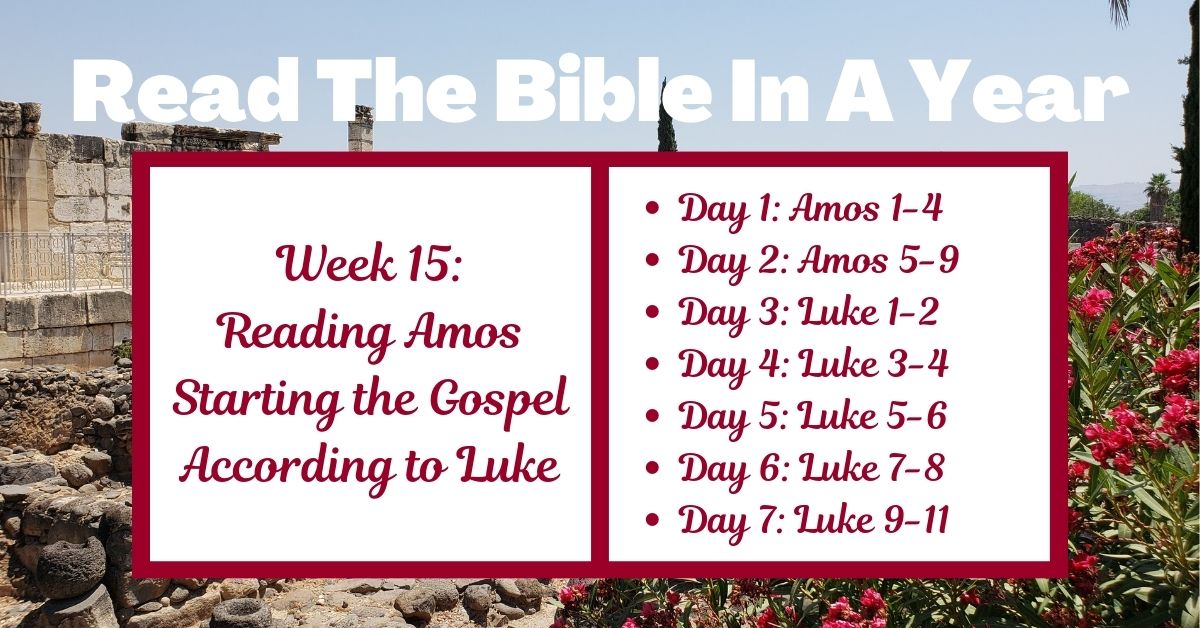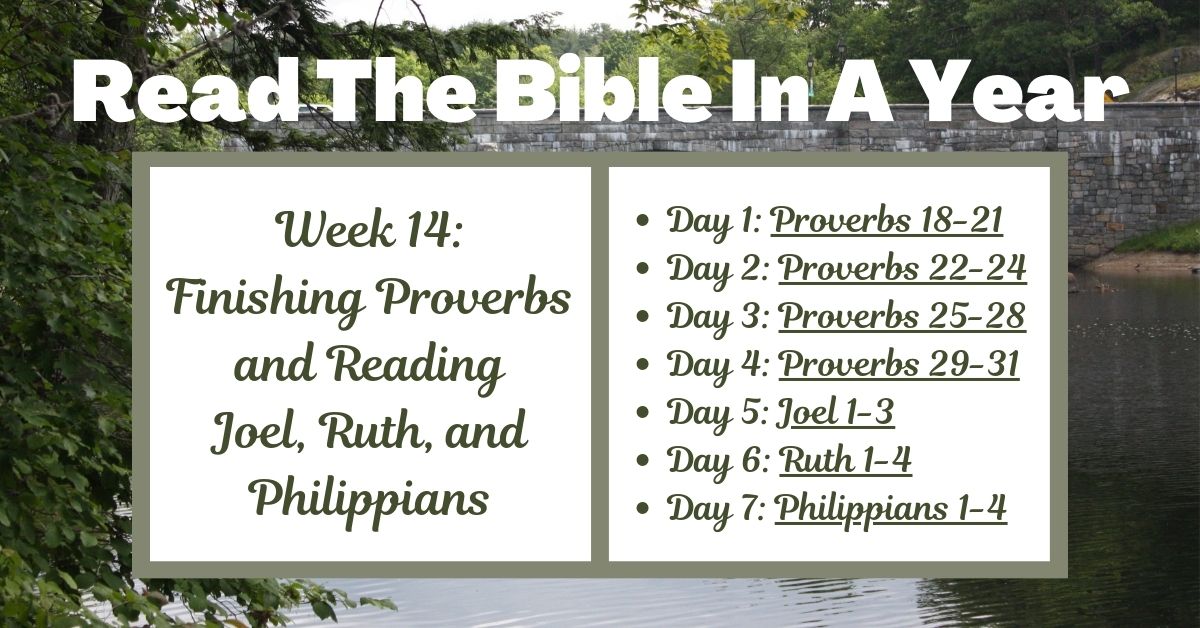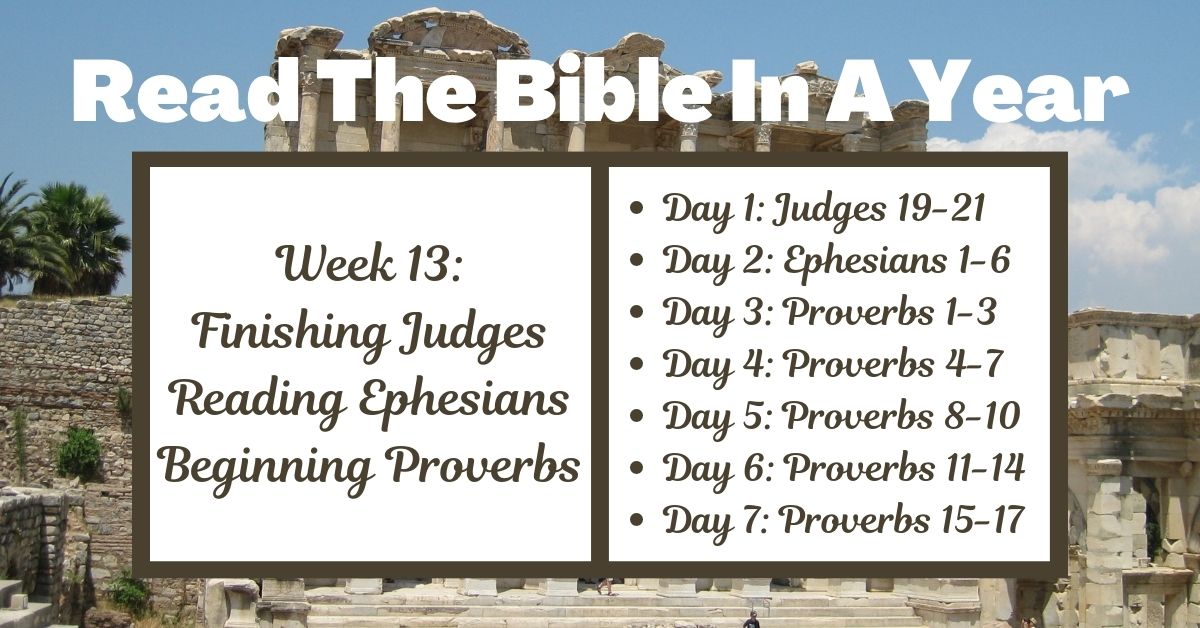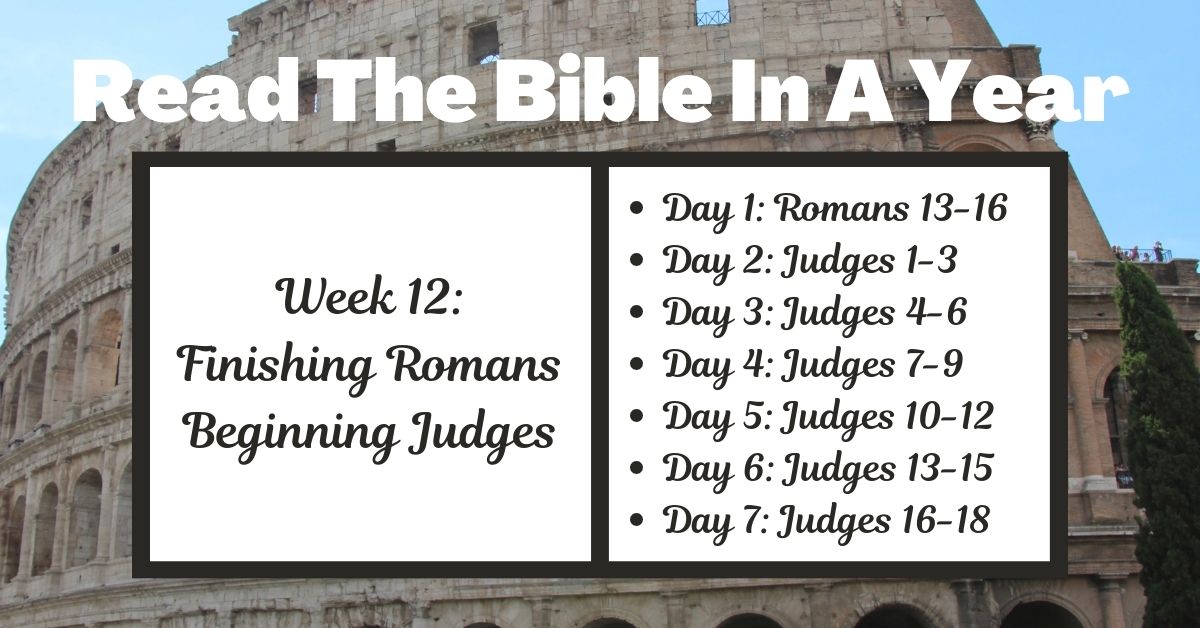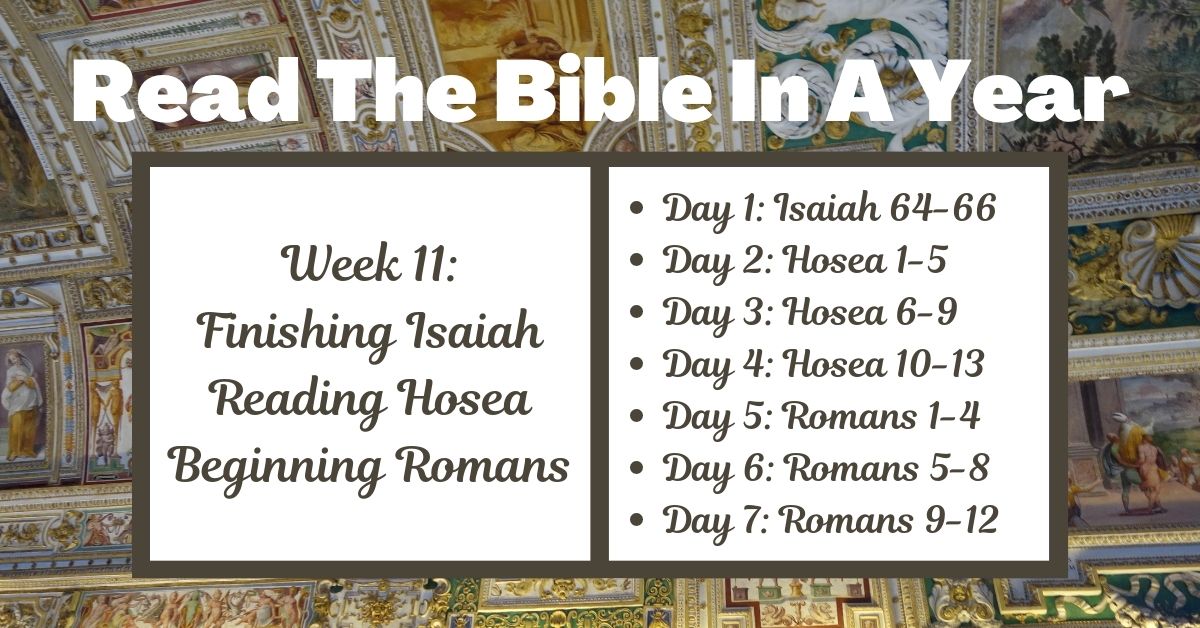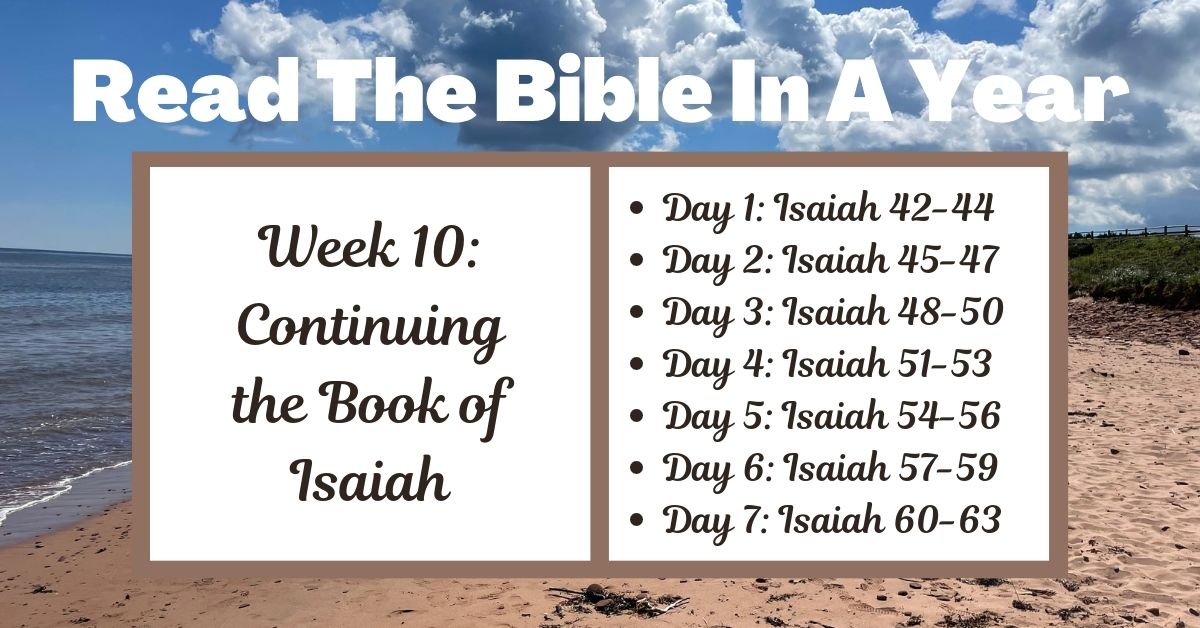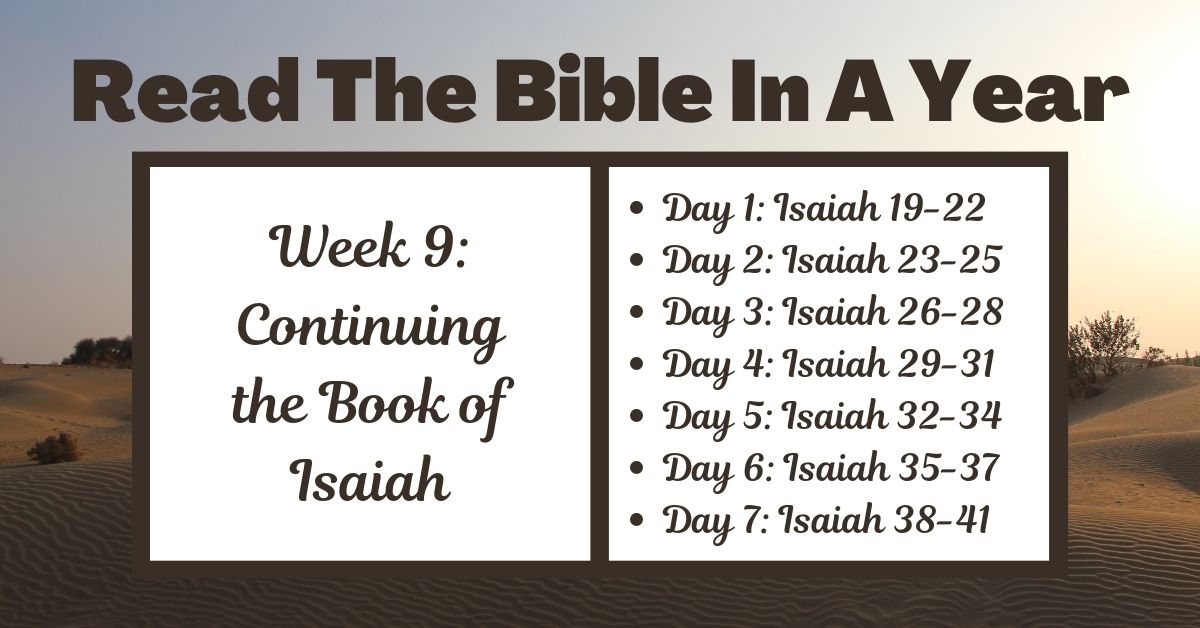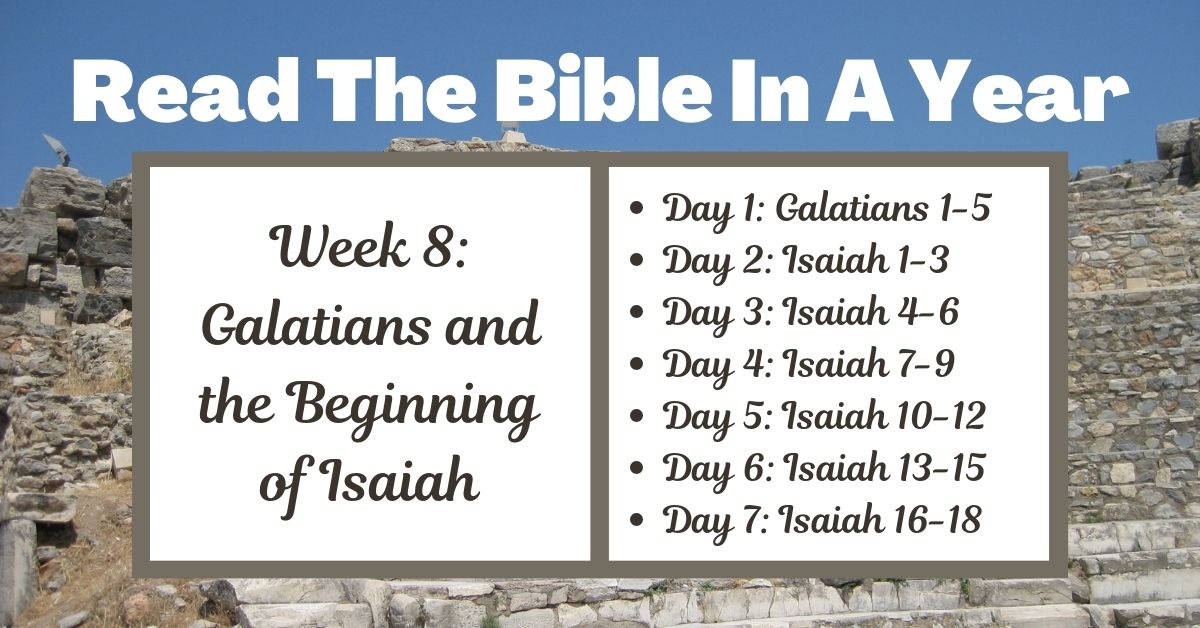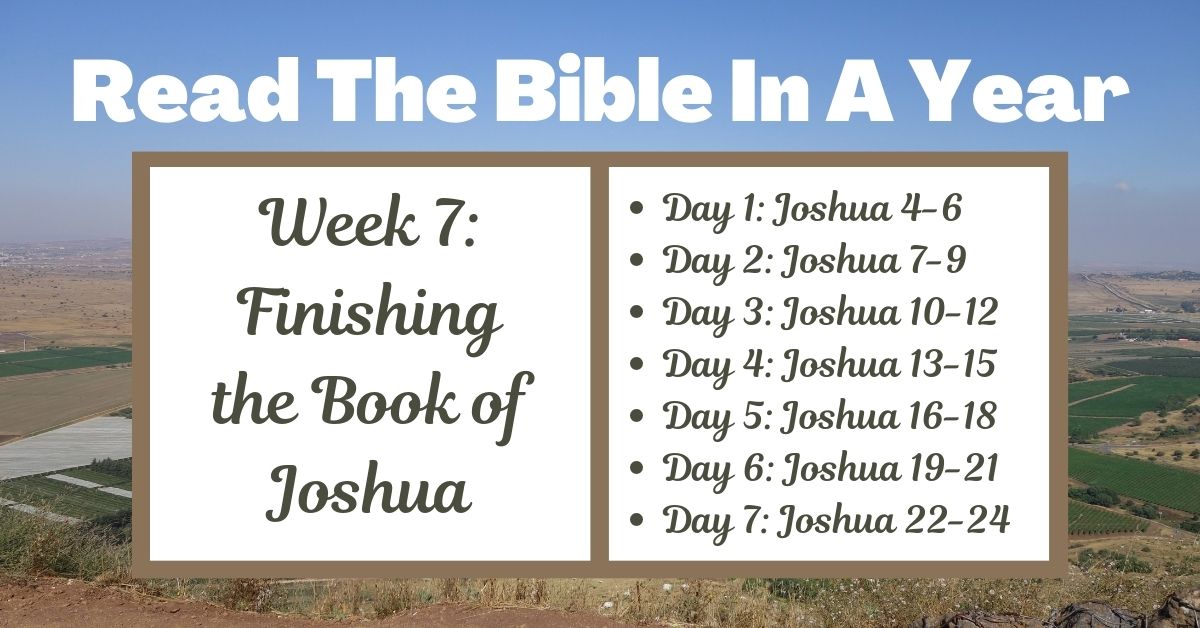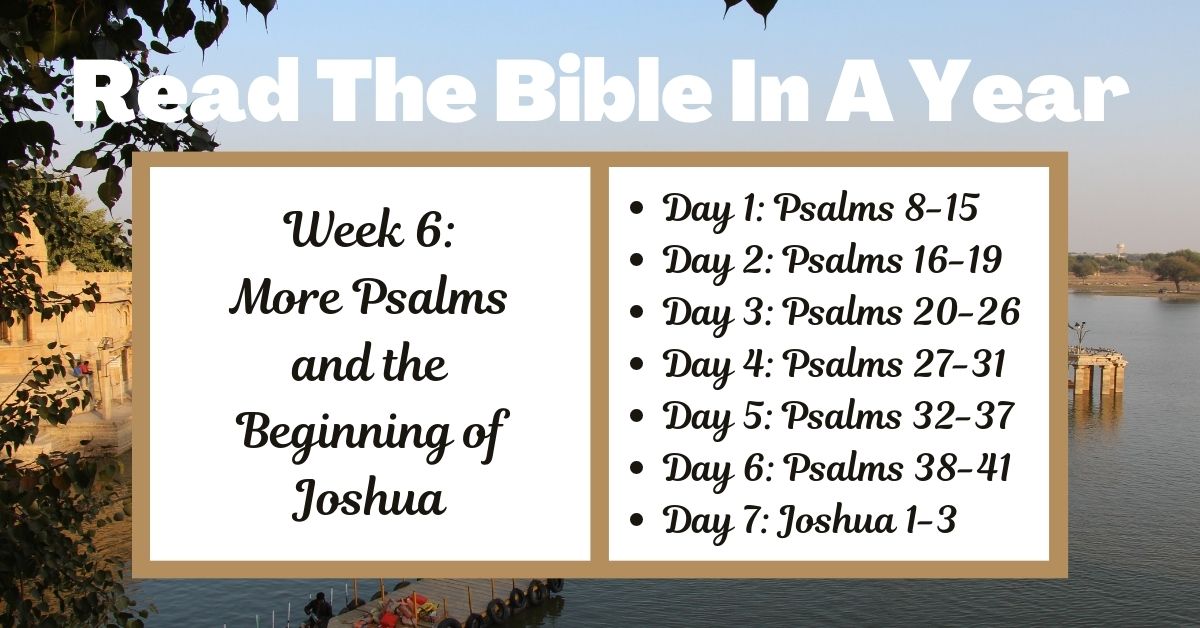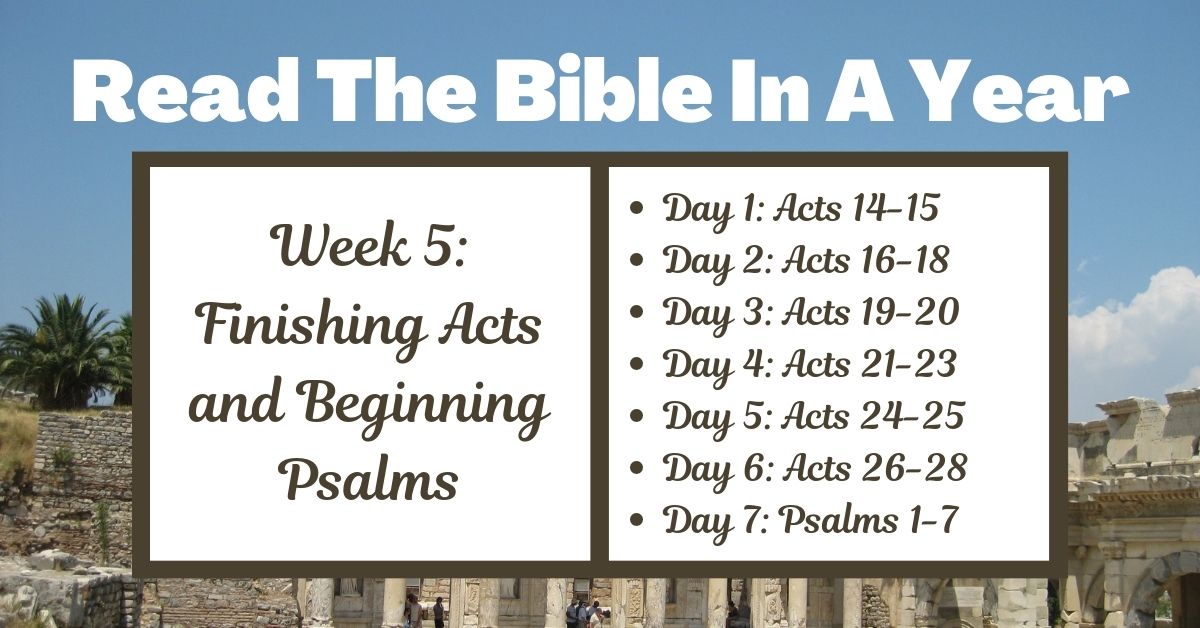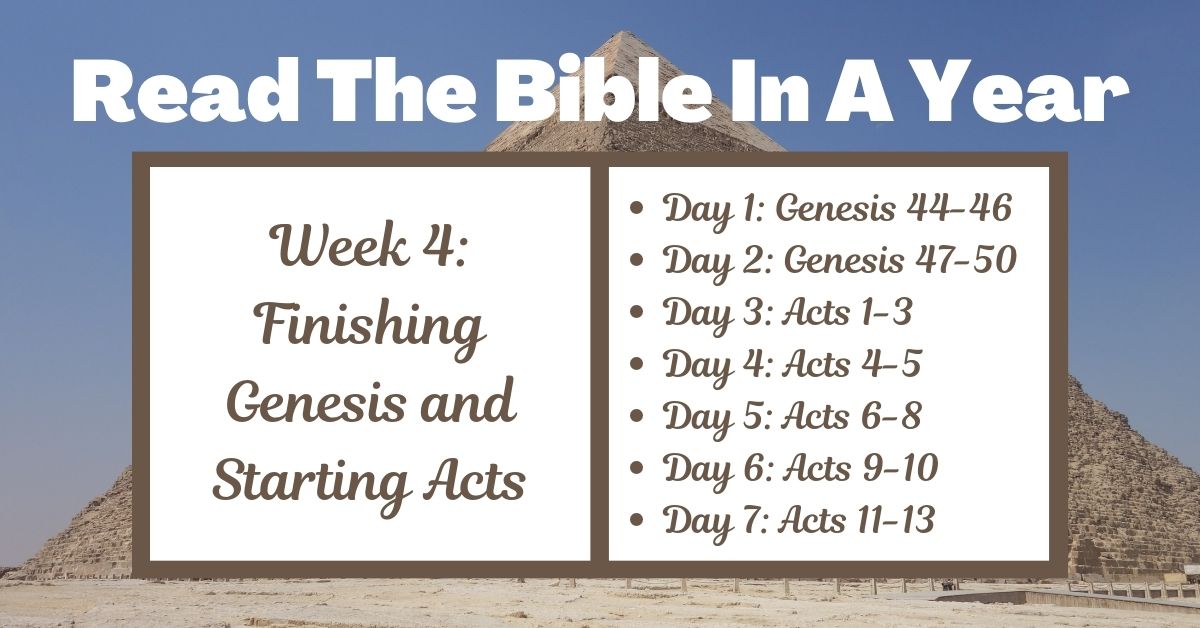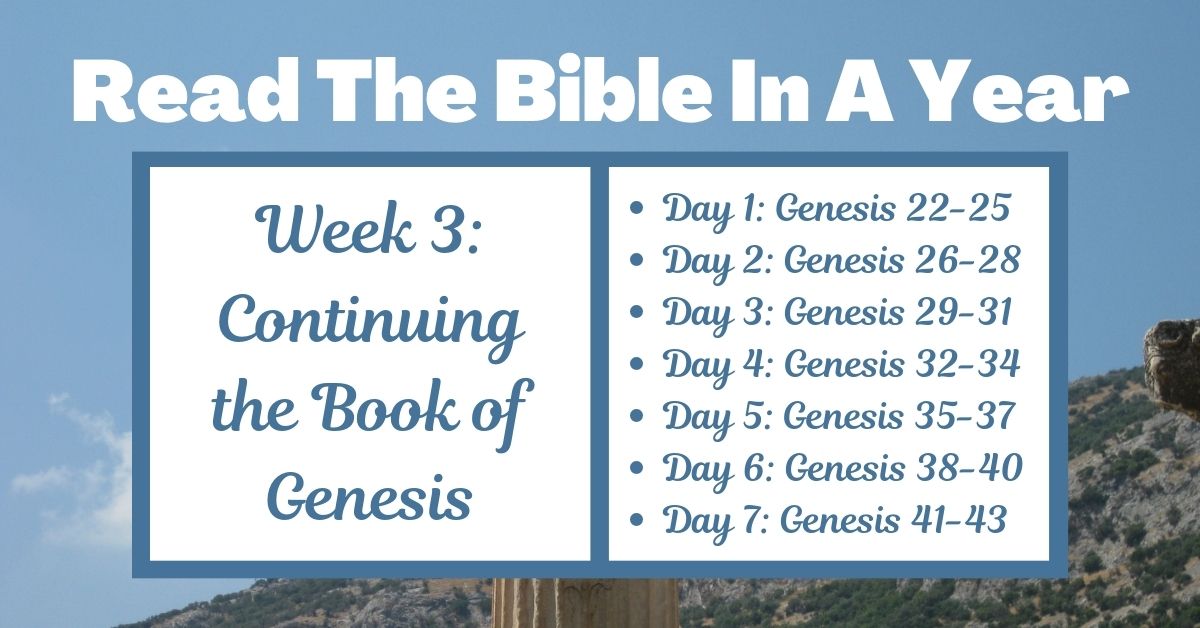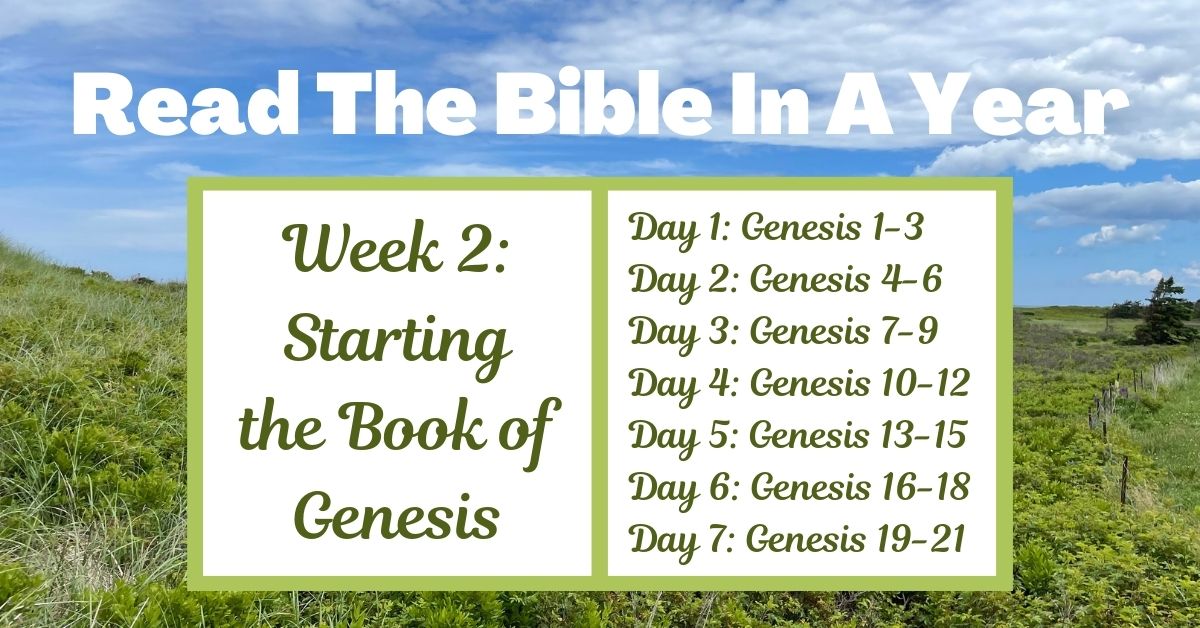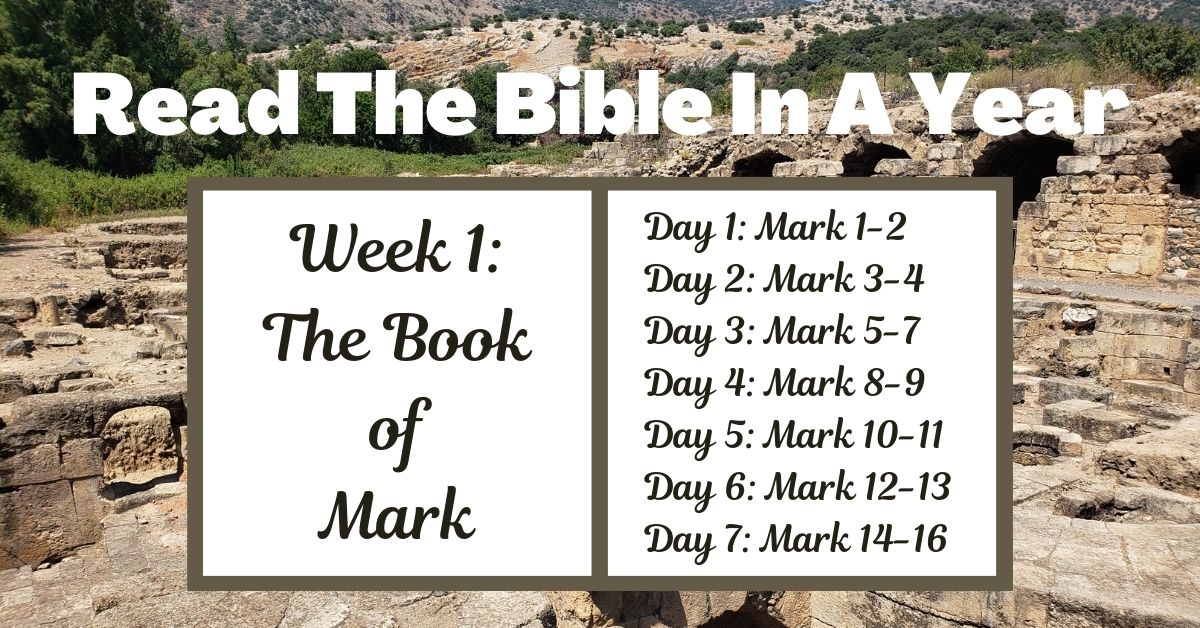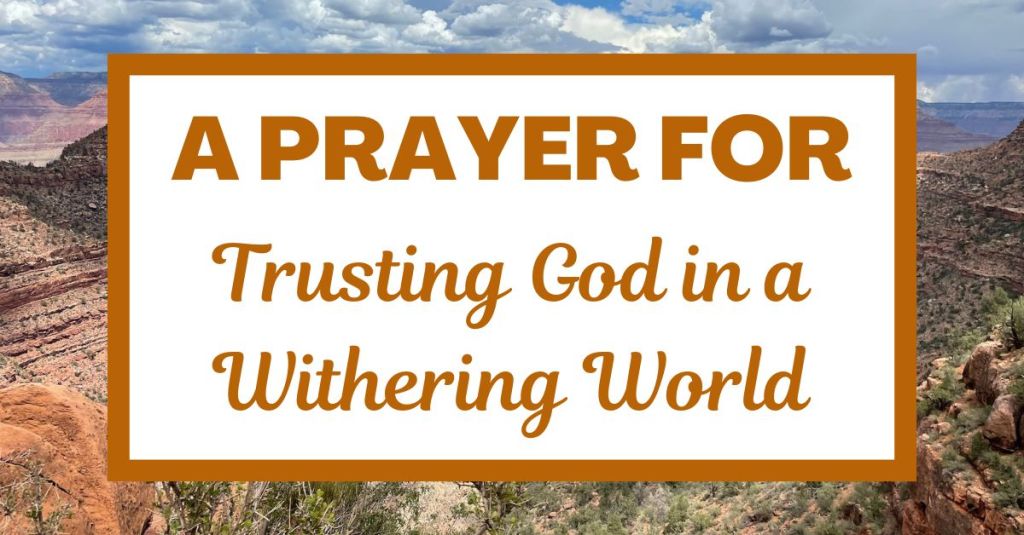As we continue to read through the Bible in a year, this week, we will continue to explore 2 Samuel and navigate a narrative filled with moments of triumph, tragedy, and the intricate challenges of leadership. As we finish this fascinating book, we will witness the aftermath of David’s biggest moral failure, the rebellion of his own son, and the profound consequences that shape the destiny of Israel.
The account of David’s moral transgressions and his subsequent repentance underscores a universal human struggle—the battle between temptation and righteousness. It reminds us that even the most revered figures are not immune to moral lapses, emphasizing the importance of genuine repentance and reconciliation as we seek to align ourselves with God’s will. Fortunately, we have a forgiving God!
Absalom’s rebellion presents us with a family drama of epic proportions, rife with political intrigue, complex loyalties, and the sobering realization that power can often be a double-edged sword. As we navigate this portion of the narrative, we are compelled to contemplate the consequences of pride and the fragile nature of human alliances.
In the midst of these tumultuous events, we find moments of resounding praise and thanksgiving in David’s Song of Deliverance. This poetic masterpiece is a testament to God’s faithfulness and the refuge He provides in times of adversity. It serves as a reminder that, even in the face of great challenges, faith, victory, and divine protection are accessible to those who turn to the Lord.
As we approach the conclusion of 2 Samuel, we will gain insight into the complexities of leadership and the enduring quest for divine guidance. These chapters provide a compelling glimpse into the heart of a kingdom, its challenges, and the timeless themes of power, loyalty, and redemption. It is within these intricate narratives that we find lessons and wisdom that resonate through the ages.
Additional Reading: More blog posts about 2 Samuel, David, temptation, forgiveness, politics, and pride.
Flexible Plan: Reading for Week 25
If you are following the flexible plan for reading the Bible in a year, here is your reading assignment. You can break up the reading however you like throughout the week!
- Passage 1: 2 Samuel 6-24
Printable Resource: Bible in a Year Reading Plan: Weekly Assignments
7-Day Reading Assignment: Week 25
If you like to be more organized, the weekly assignment can be broken into seven sections:
- Day 1: 2 Samuel 6-7
- Day 2: 2 Samuel 8-10
- Day 3: 2 Samuel 11-12
- Day 4: 2 Samuel 13-15
- Day 5: 2 Samuel 16-18
- Day 6: 2 Samuel 19-21
- Day 7: 2 Samuel 22-24
Printable Resource: Bible in a Year Reading Plan: Daily Assignments
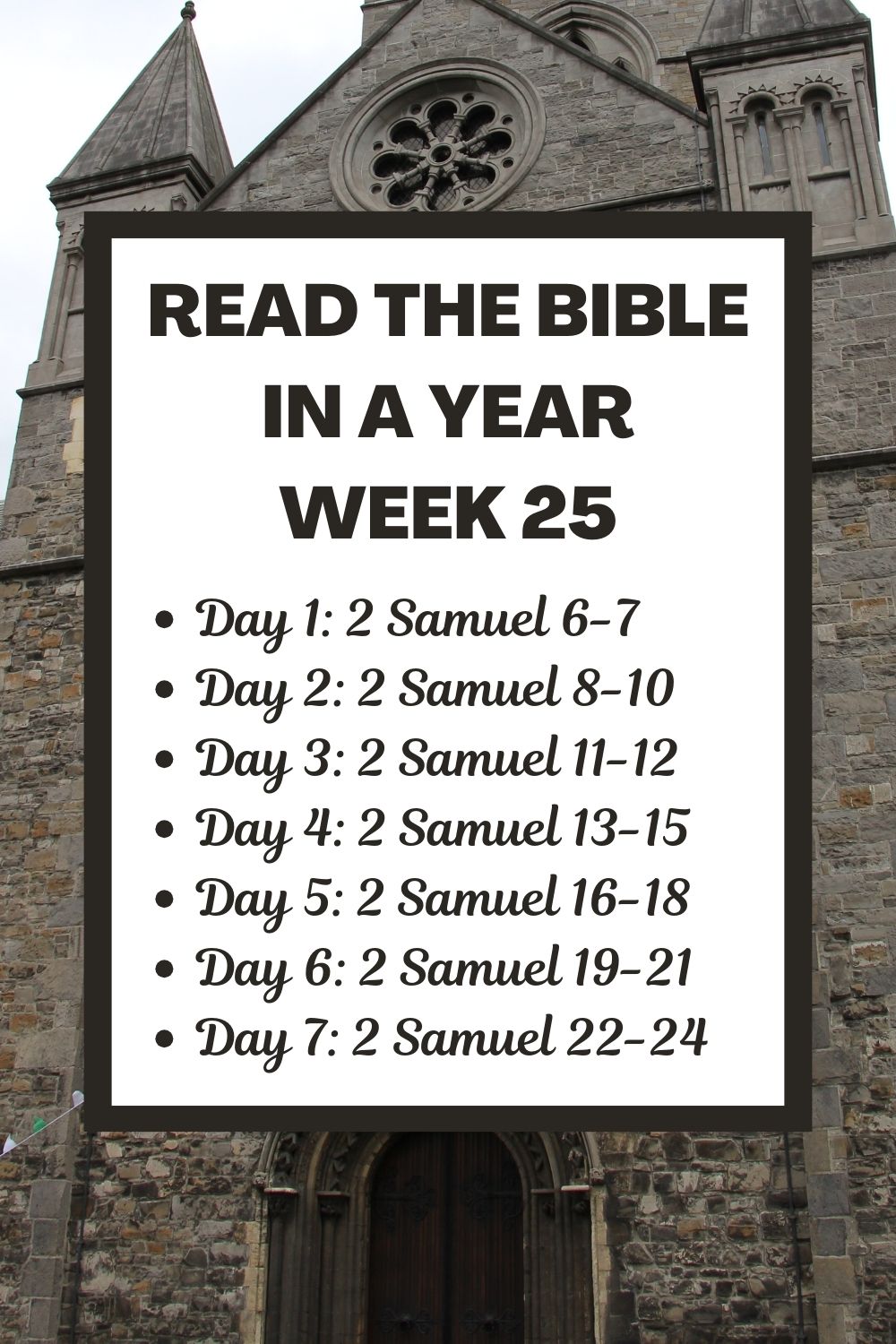
5-Day Reading Assignment: Week 25
Or if you know that you are likely to miss a day or two of reading, the weekly assignment can be broken into five sections:
- Day 1: 2 Samuel 6-9
- Day 2: 2 Samuel 10-13
- Day 3: 2 Samuel 14-17
- Day 4: 2 Samuel 18-21
- Day 5: 2 Samuel 22-24
Printable Resource: Bible in a Year Reading Plan: 5 Days/Week Assignments
Reflections
As we journeyed through 2 Samuel 6-24, we encountered triumph and tragedy, exploring leadership challenges and the complex consequences following David’s moral failure and Absalom’s rebellion. We explored universal struggles, repentance, family dynamics, and divine guidance. This allowed us to navigate these timeless themes and deepen our faith. Here are some reflection questions that will help us further explore the lessons and wisdom found in these passages.
- In 2 Samuel 6, we see the story of King David bringing the Ark of the Covenant to Jerusalem. How does this moment of triumph serve as a symbol of God’s presence in the kingdom, and what can we learn from David’s leadership in this context?
- In 2 Samuel 7, God makes a covenant with David, promising to establish his kingdom forever. How does this covenant impact David’s leadership and relationship with God, and what does it teach us about the enduring nature of God’s promises?
- The story of David and Bathsheba in 2 Samuel 11 is a well-known and controversial one. How can David’s journey from temptation to repentance inspire us in our own struggles with sin, and what does it reveal about the importance of genuine repentance and reconciliation with God?
- 2 Samuel 12 tells of Nathan’s confrontation with David regarding his sin with Bathsheba. How does Nathan’s approach serve as an example for addressing sin and confronting others in a loving and constructive manner, and what lessons can we draw from it for our own lives?
- In 2 Samuel 13-18, we encounter the tragic family dynamics of David’s household, including the rebellion of Absalom. How do these events underscore the consequences of unaddressed sin and the complexities of human relationships, and what can we learn from them?
- In 2 Samuel 24, we read about David’s sinful census and God’s response. How does this story teach us about the dangers of pride and the importance of seeking God’s guidance in our decision-making, and what do we learn about God’s mercy in the midst of judgment?
- How does David’s leadership style, as exemplified in 2 Samuel, demonstrate qualities that make him a man after God’s own heart, and what can we glean from his leadership for our own lives?
- In 2 Samuel, we witness various instances of God’s judgment and mercy. How do these events illustrate the balance between God’s justice and His grace in our lives and in the world?
- What role do the “Mighty Men” play in David’s reign, and what qualities do they exhibit as loyal and valiant servants of God? How can their examples inspire us in our own service and loyalty to God?
- How does the overarching narrative of 2 Samuel, with its highs and lows in David’s life, connect to the broader redemptive plan of God and the anticipation of the Messiah, and what lessons do we draw from this for our own faith journey?
Related Resources
Visit the Joyful Moments in Christ homepage for all posts, or scroll through other blog posts related to reading the Bible in a year:
